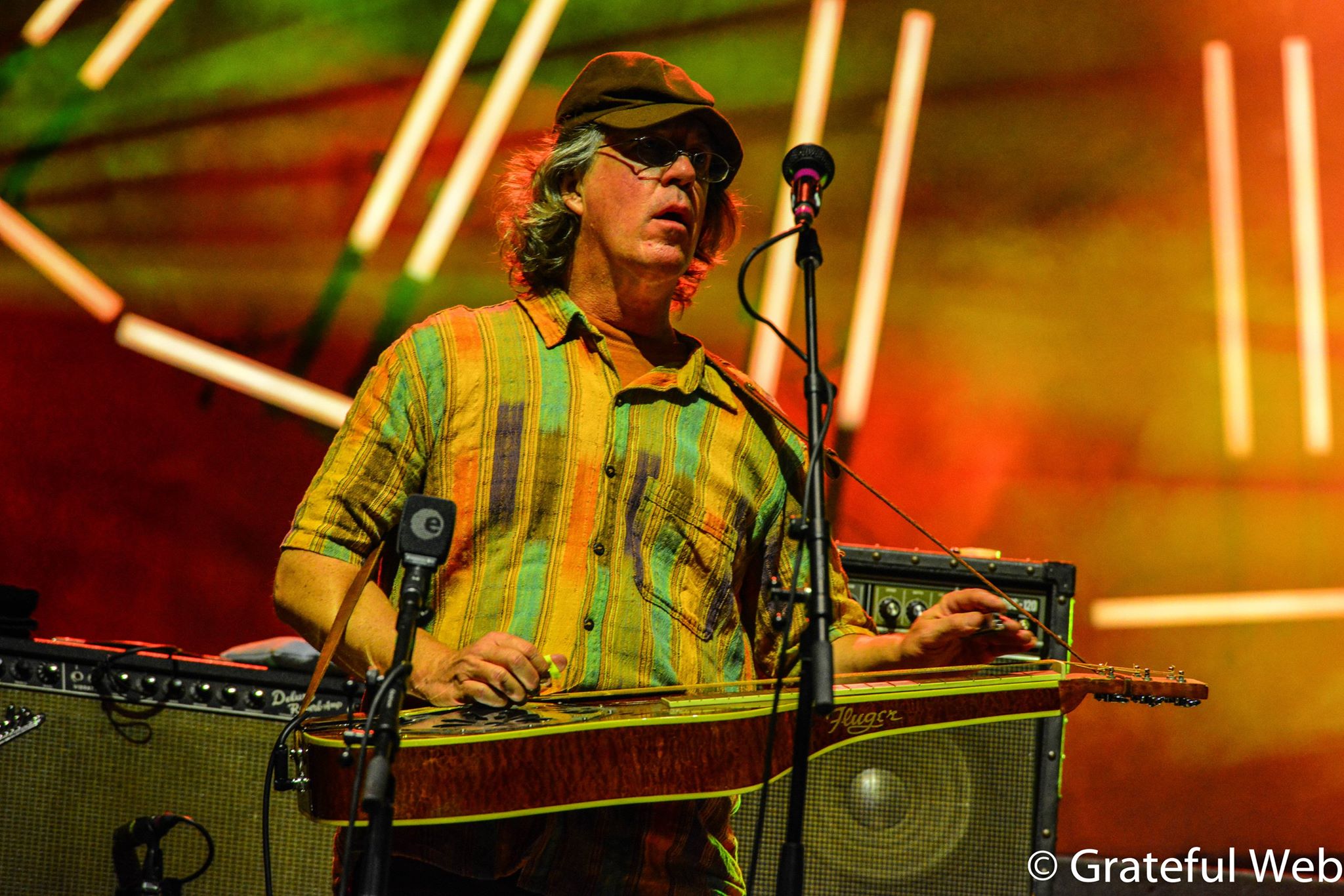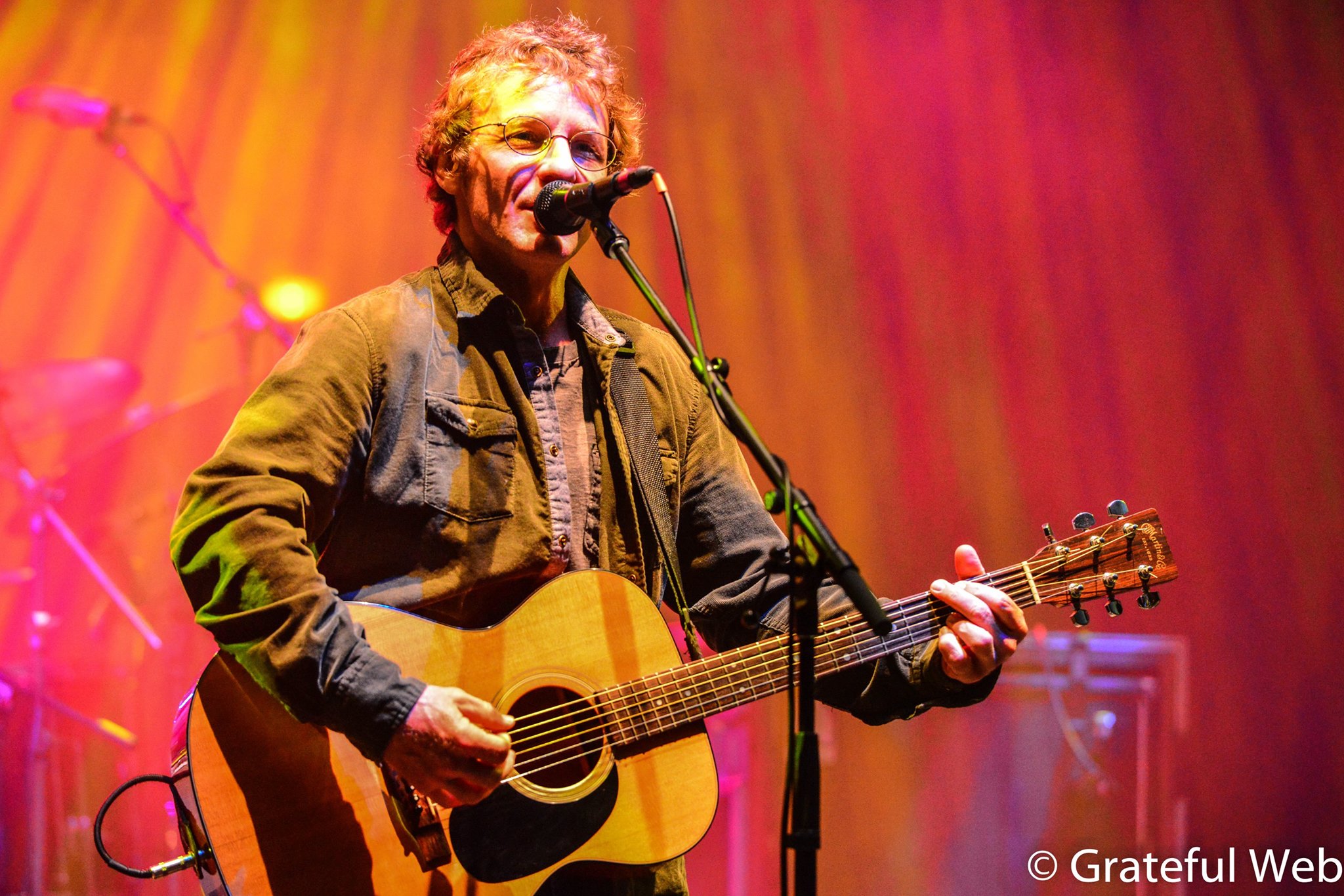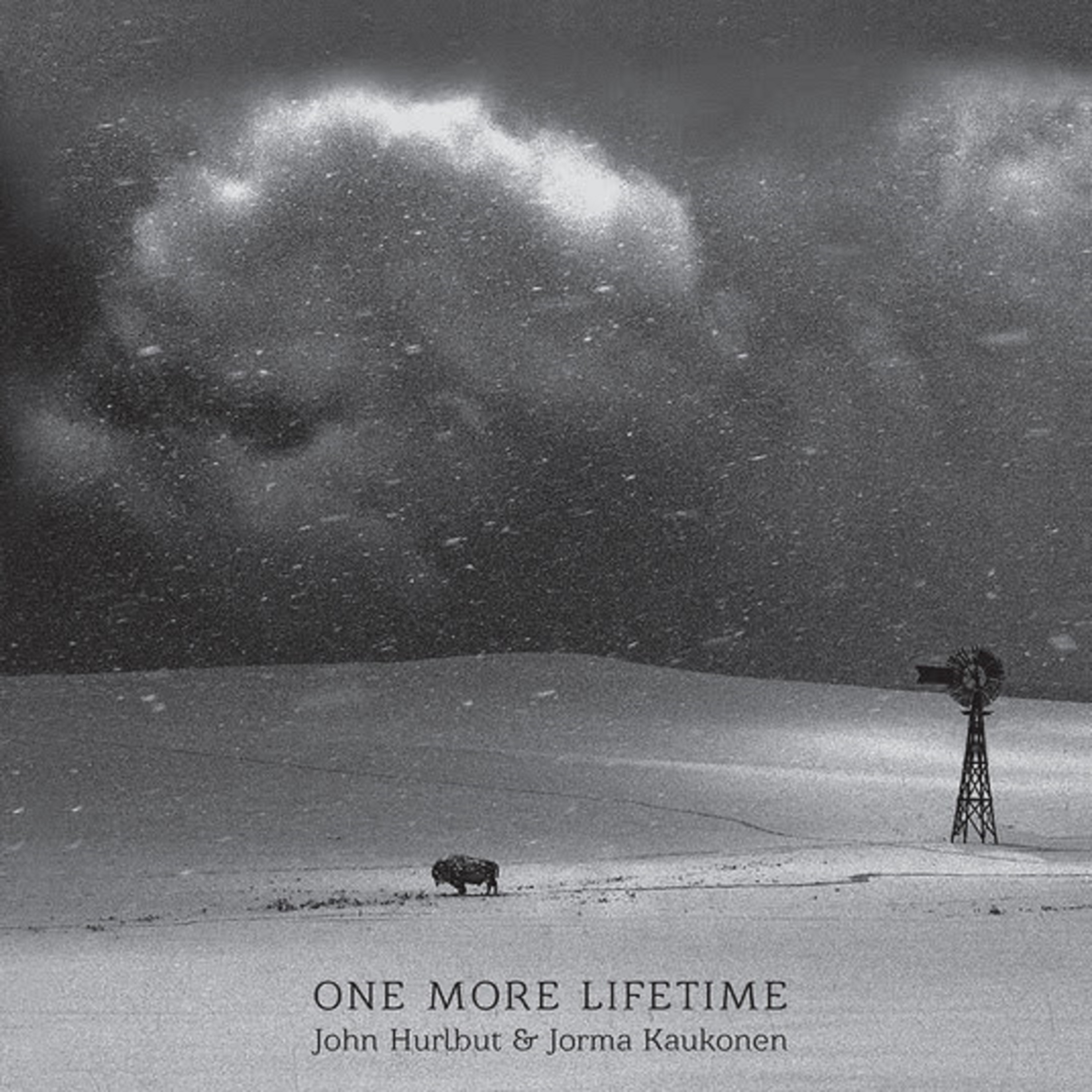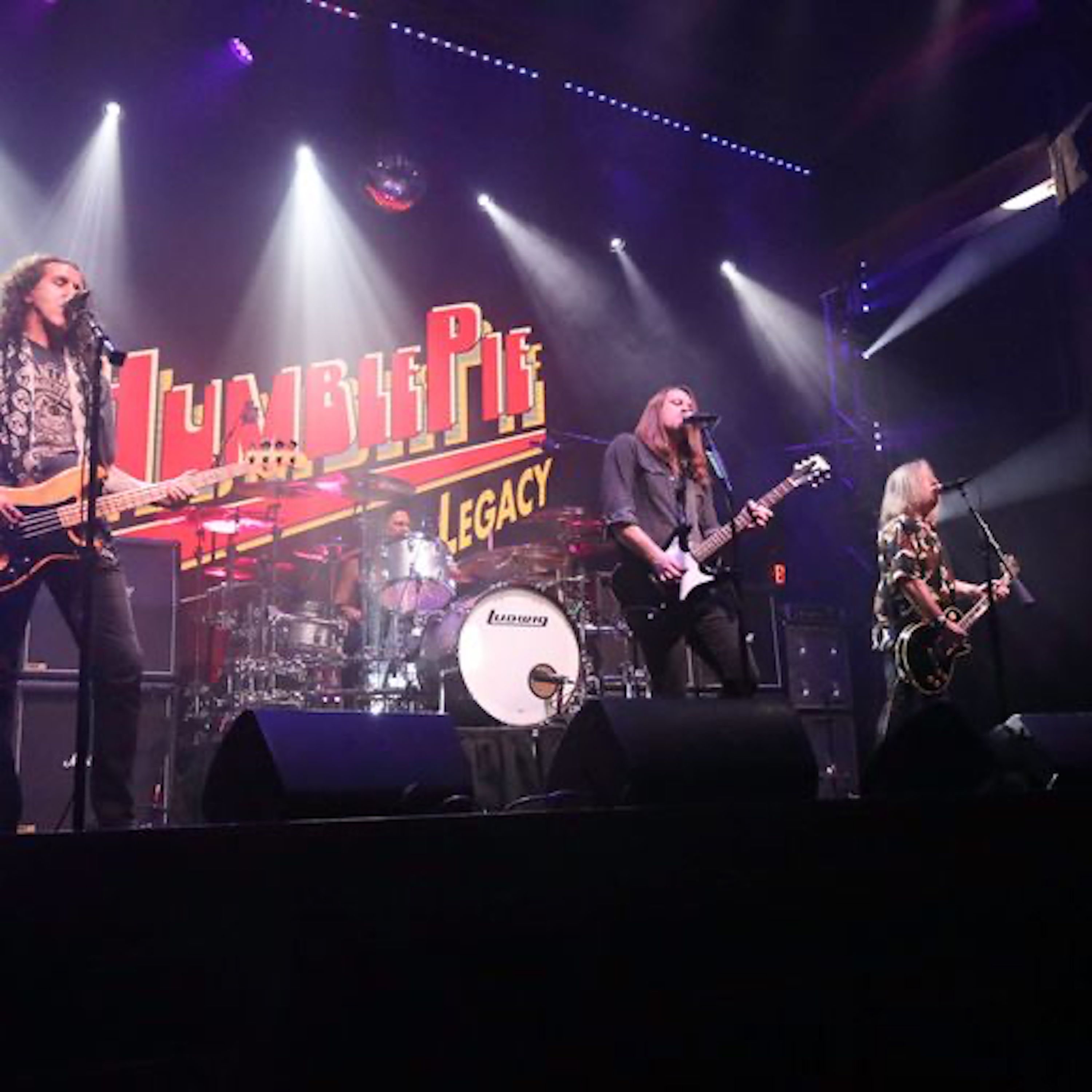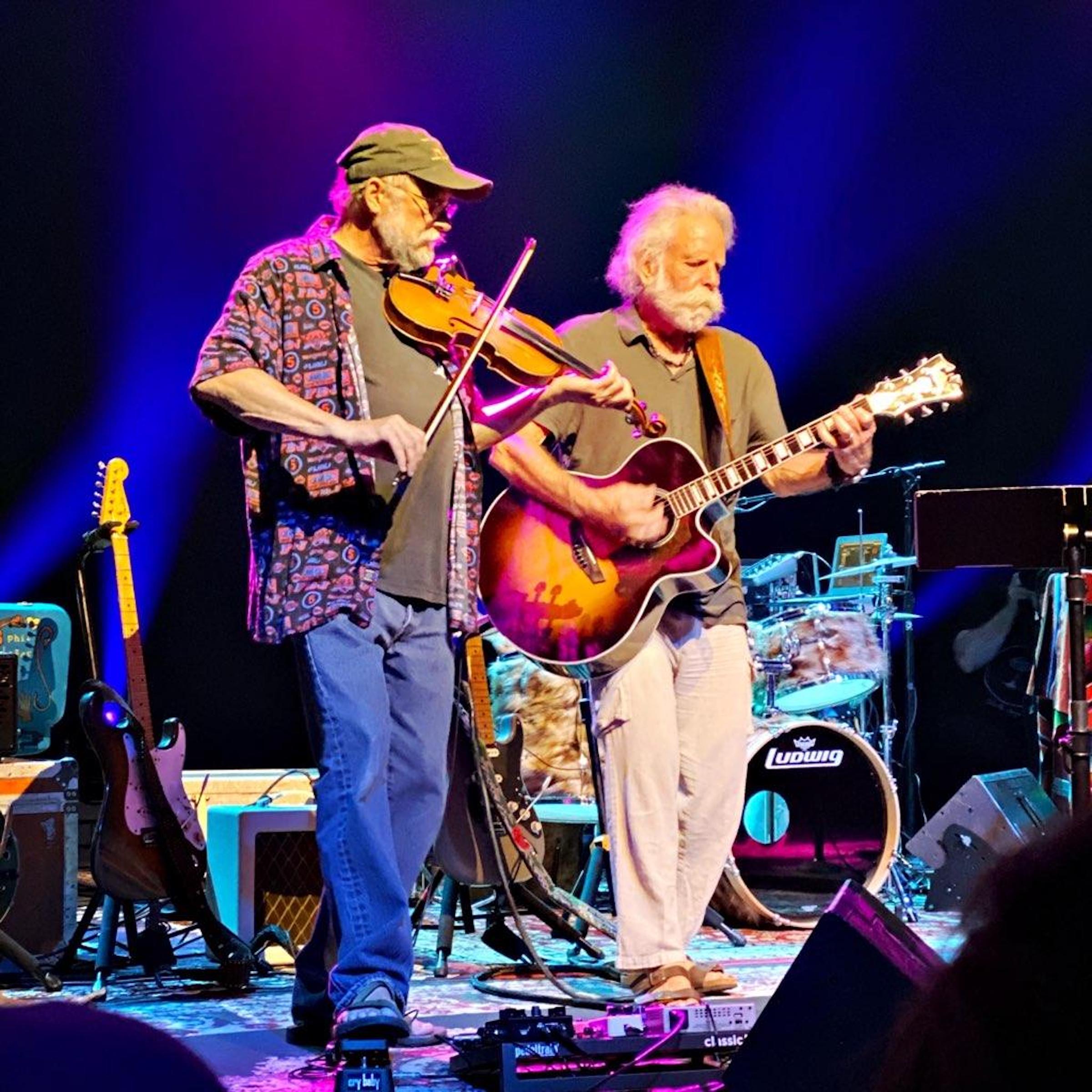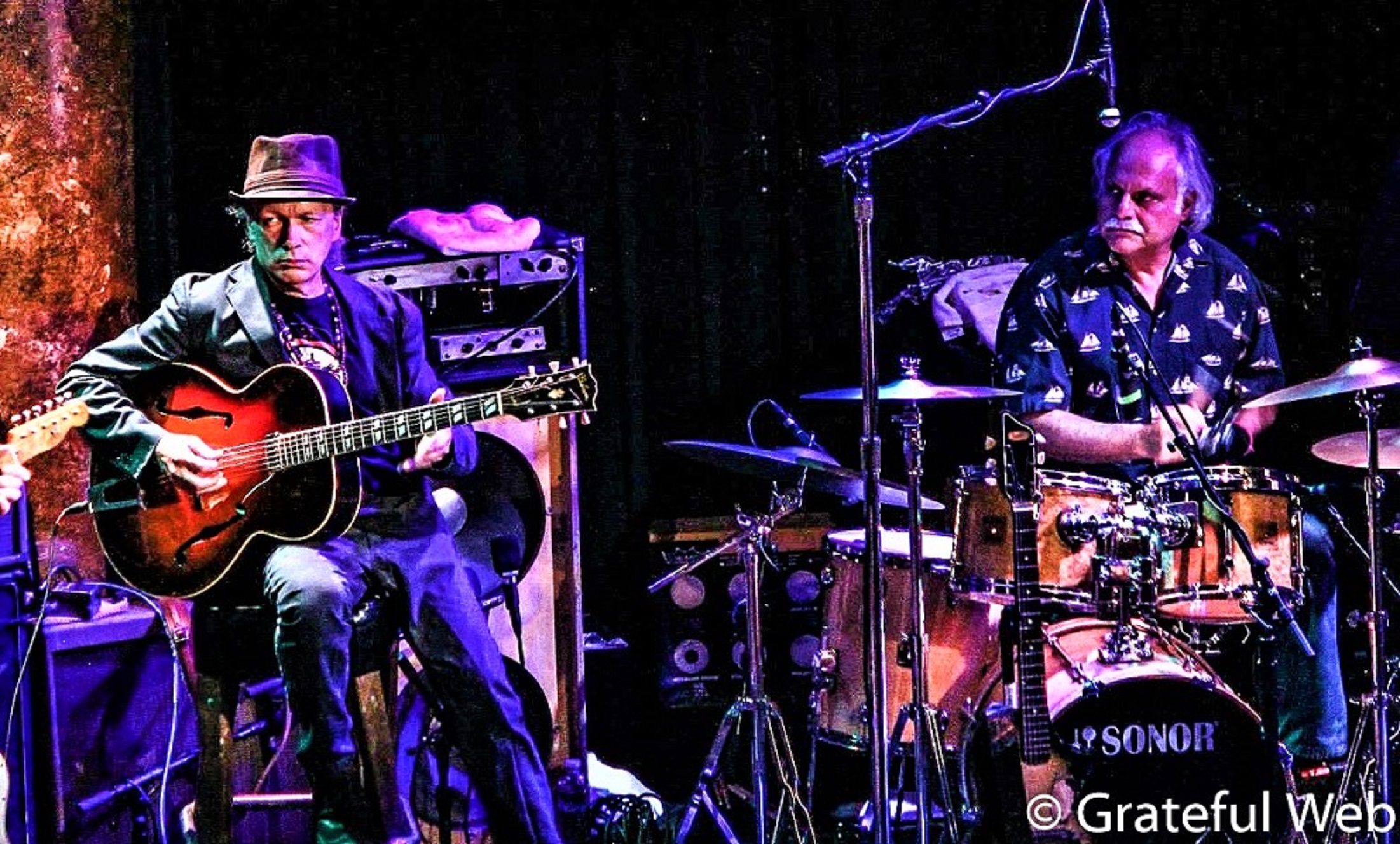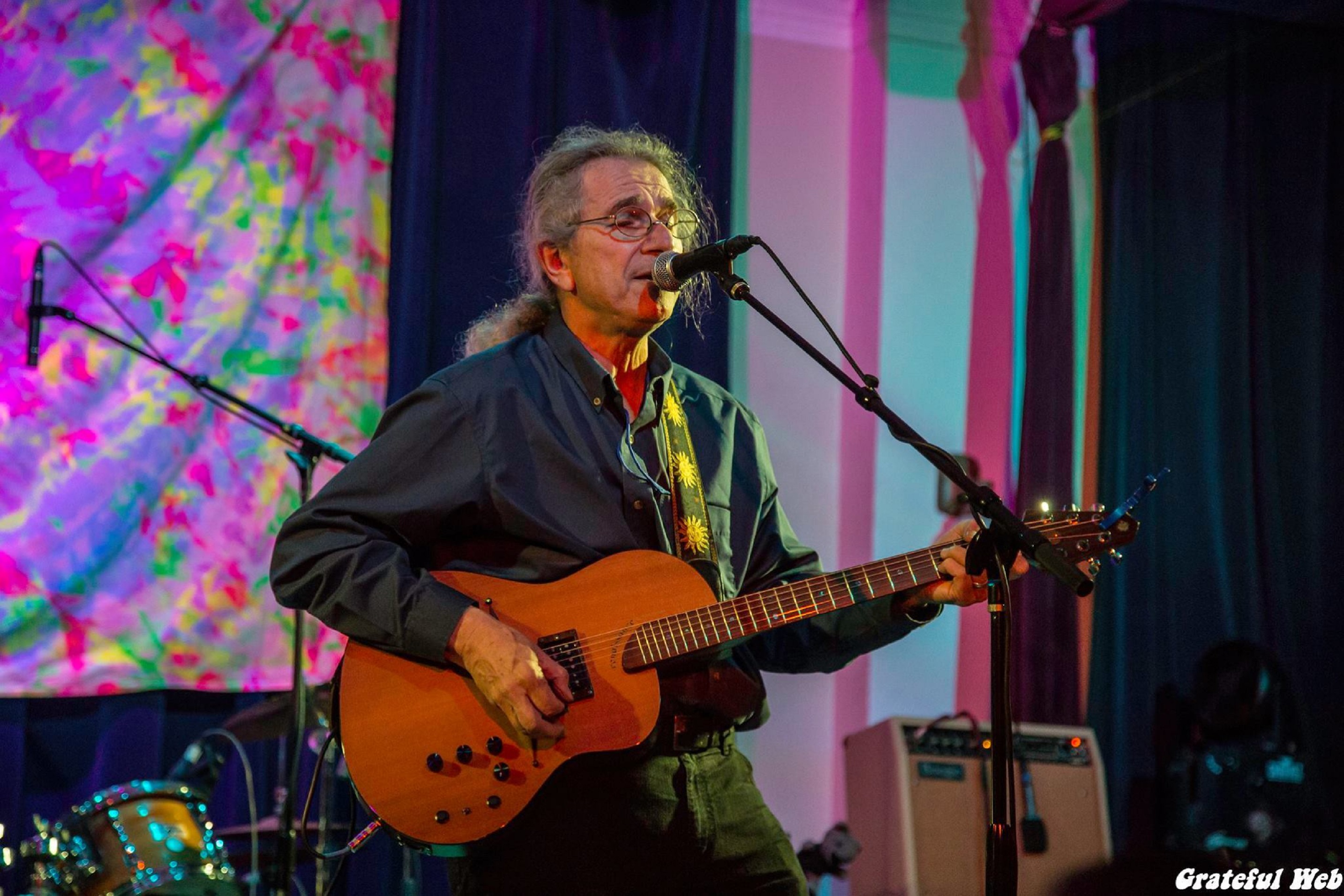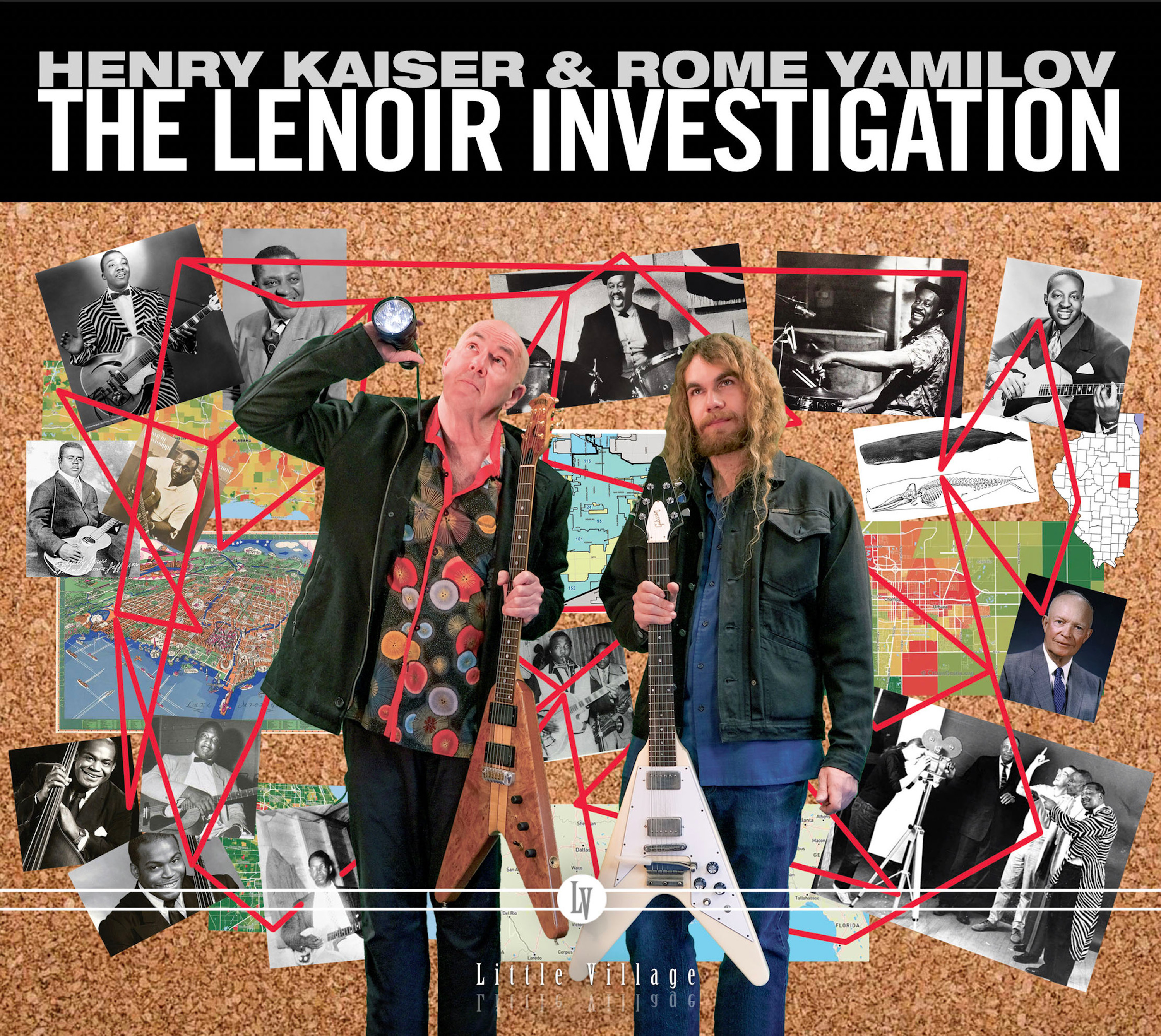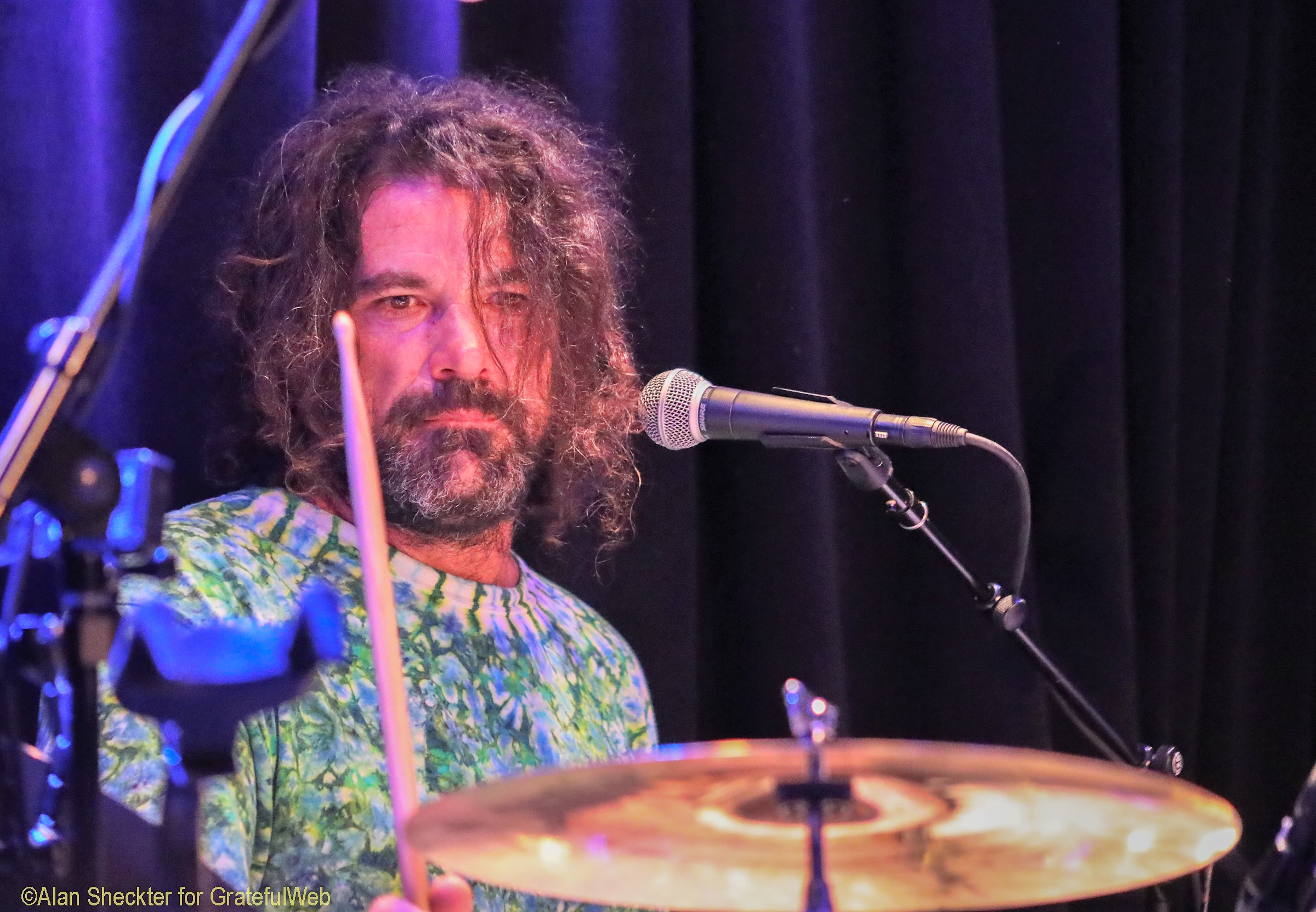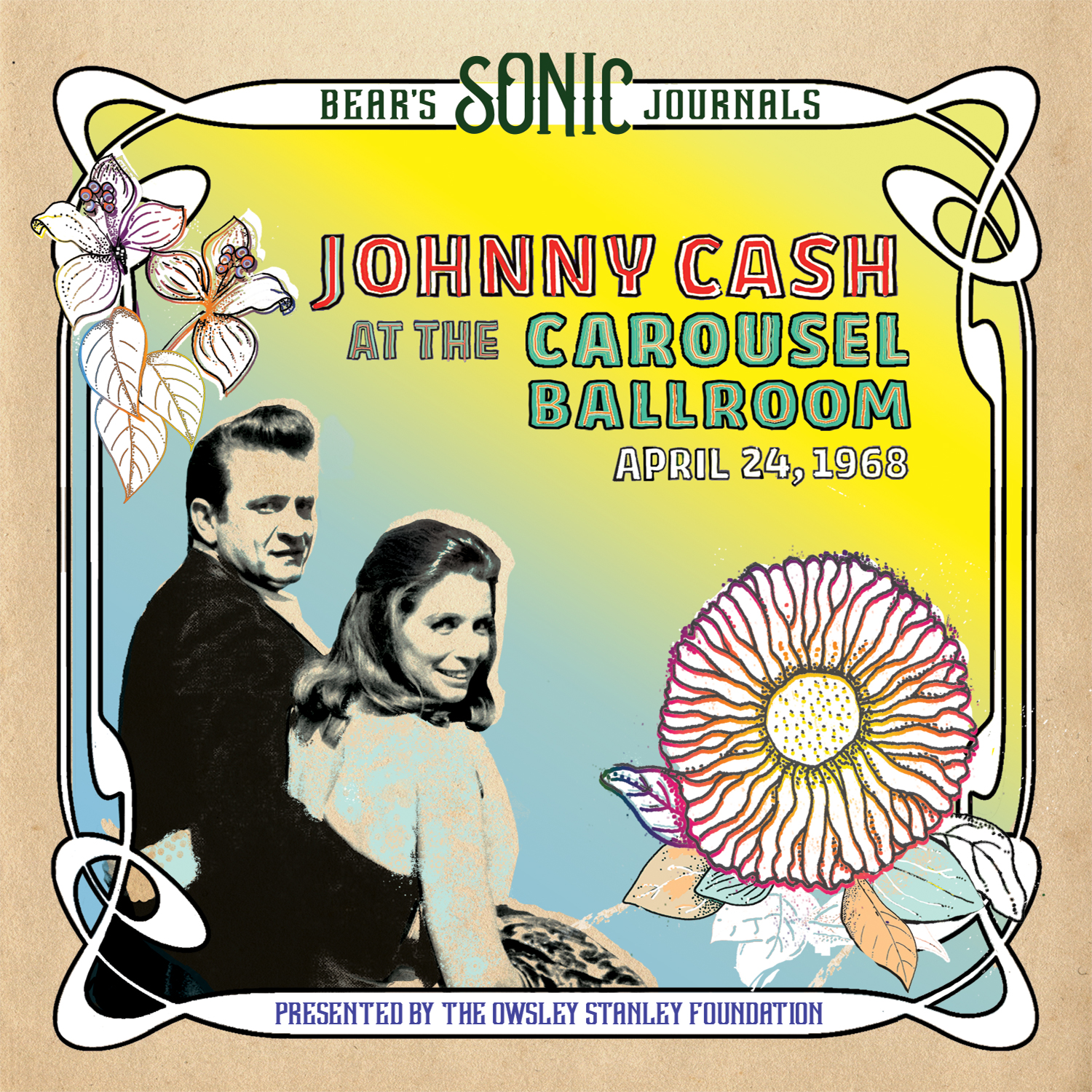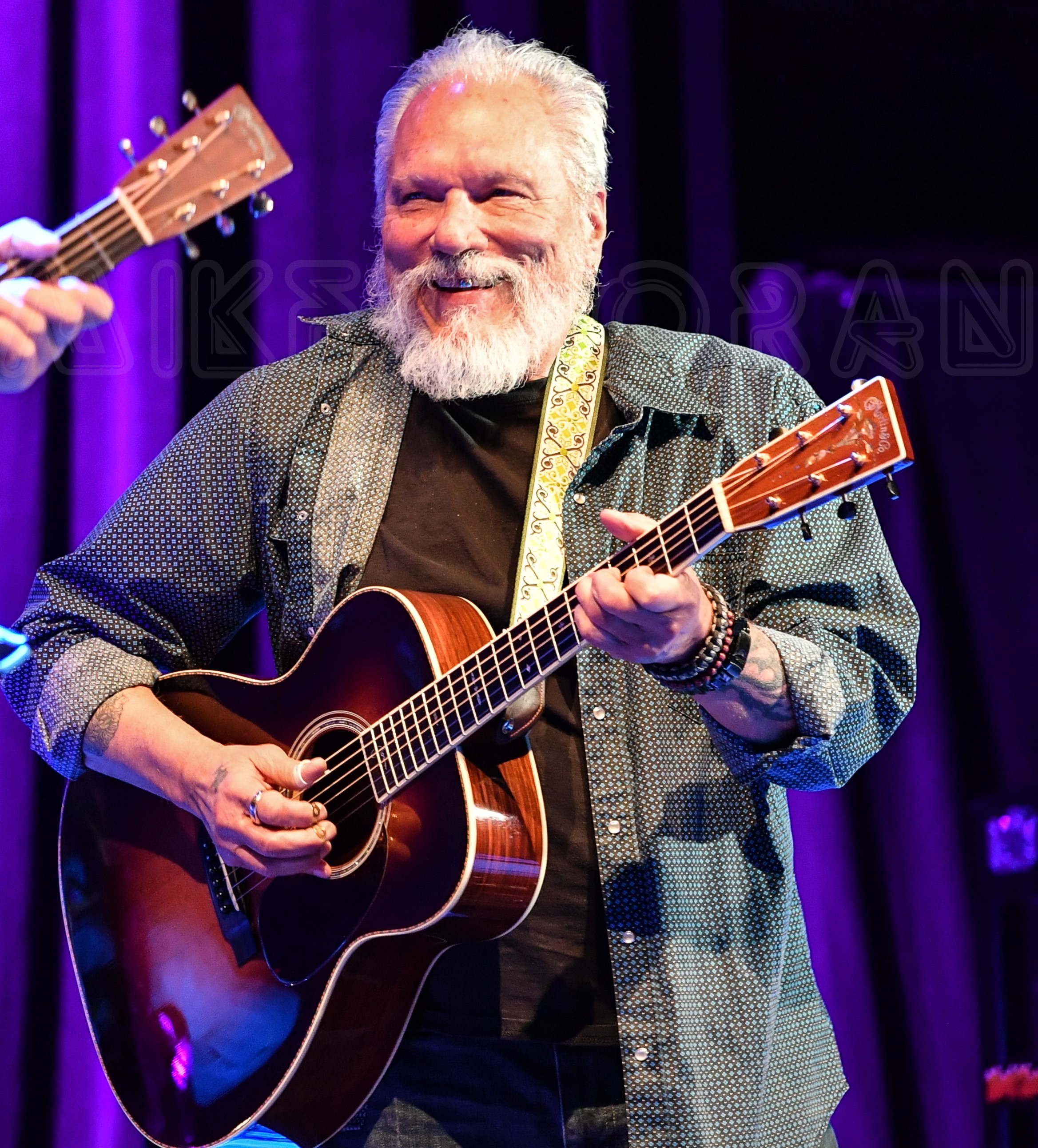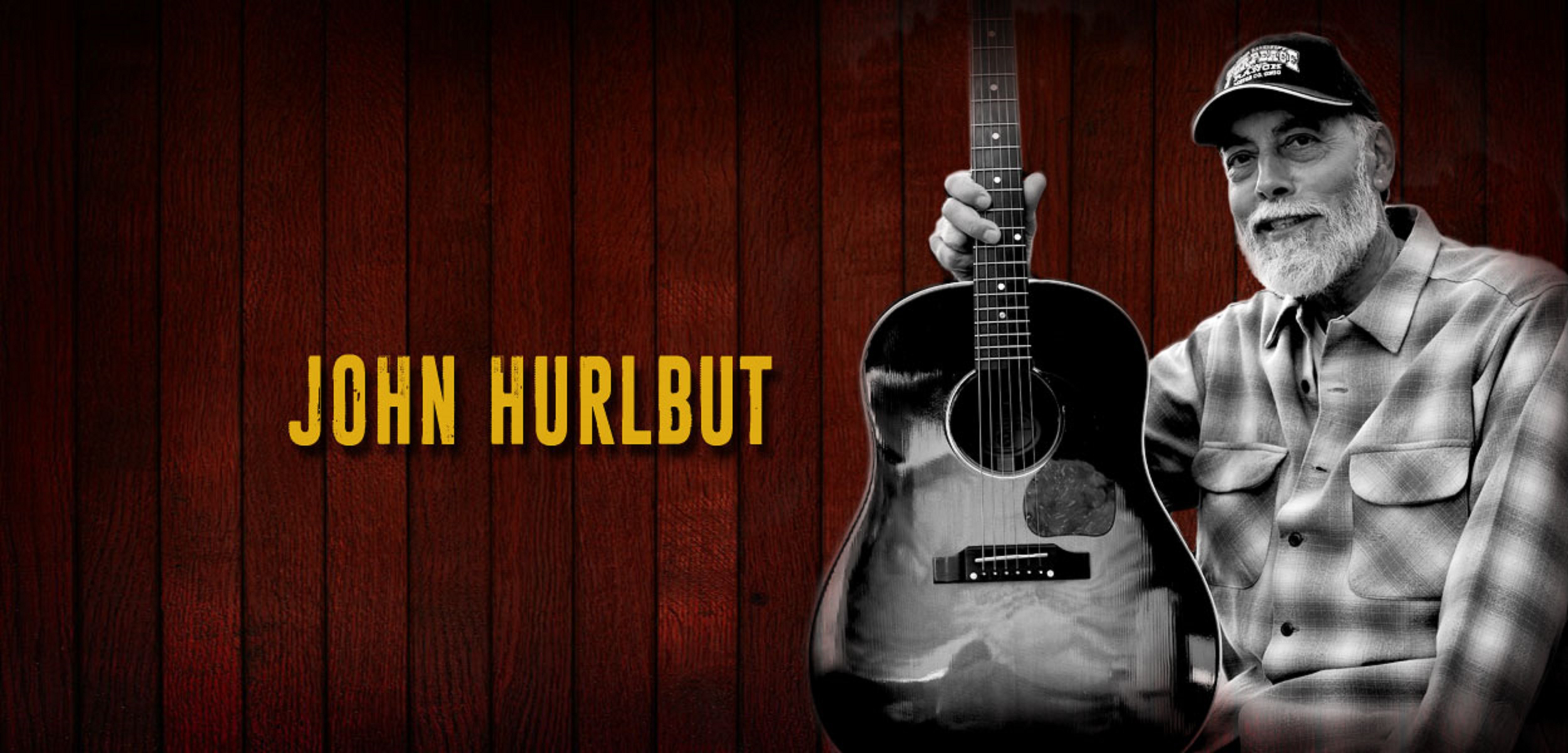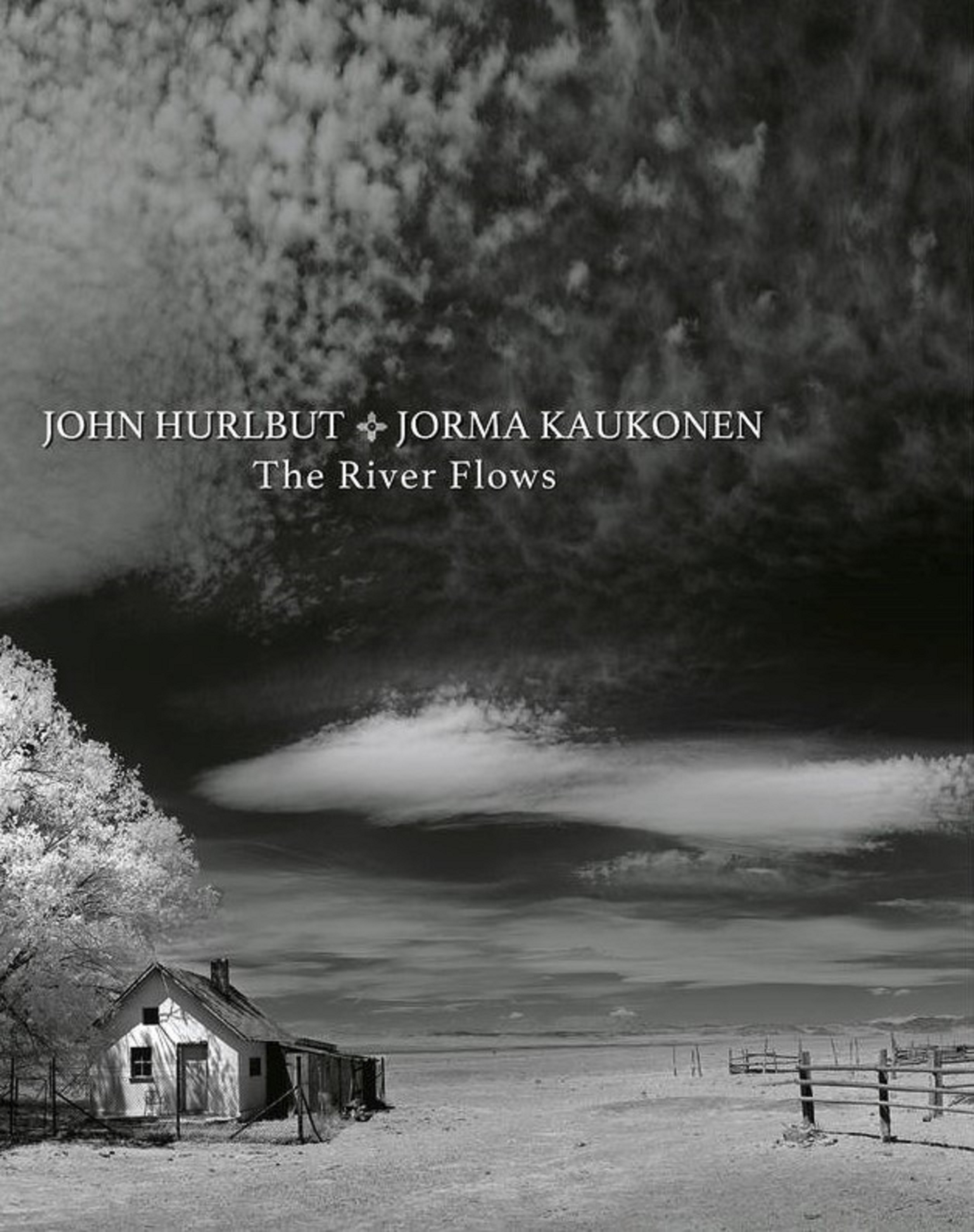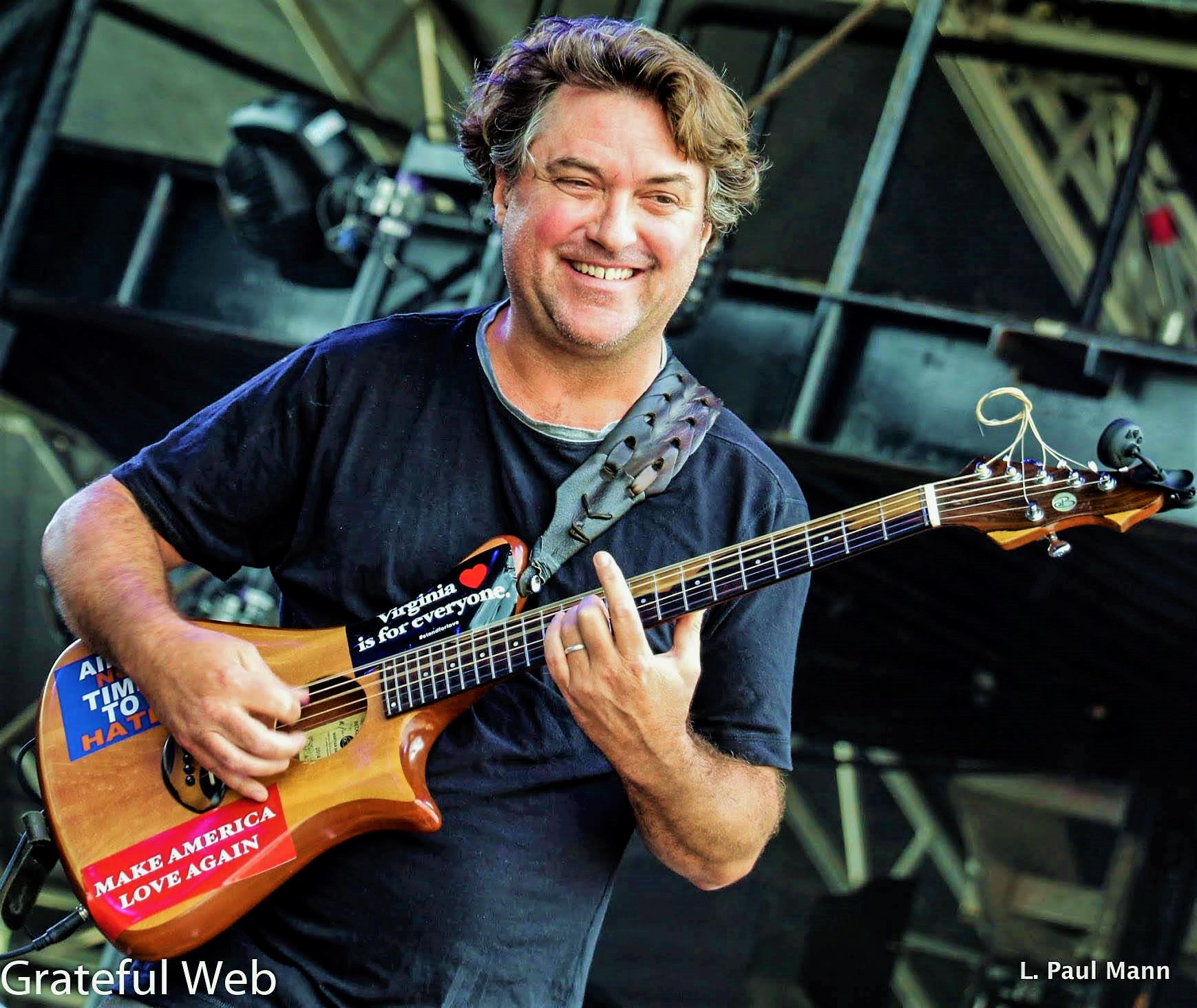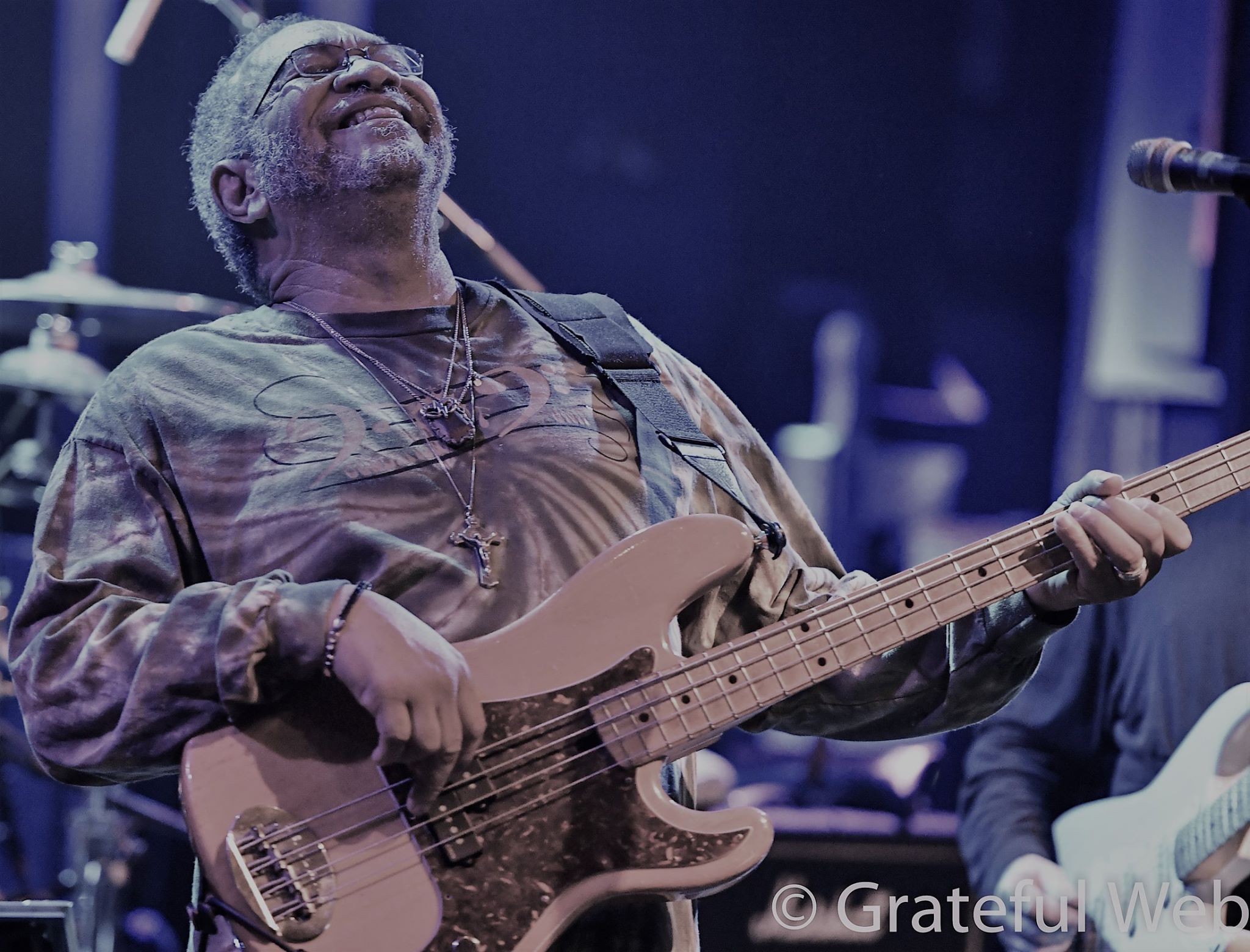Grateful Web is pleased to announce the long-awaited release of Railroad Earth’s All For The Song, unleashed upon the world April 22nd. No ordinary album, All For the Song was not only born out of friendship and heartache, but also sidetracked by a worldwide pandemic. “From the beginning, the vision was more than just the music,” states guitarist, singer, Todd Sheaffer in response to the loss of bandmate and multi-instrumentalist, Andy Goessling. “Andy’s passing was very much in the center of our thoughts and our hearts in the writing and recording of this album.”
The gift of life—what a glorious, bizarre, amazing, wondrous weirdness. Yet ever so fleeting is this glimpse we have, one entrenched in an emotional, physical, intellectual and spiritual dance amongst time and space and the happenings therein. Being faces on these particles that flow in and out of form, we have the fantastical experience of being aware within the everything of it all. However, from within our grand appreciation for this existence comes the loss of the finite aspects for which we love, and forever after, beauty and sadness become intricately entwined. In such times, for both artist and listener, we often look to music in seeking comfort, or help in connecting with our feelings and understandings, and if fortunate, bring peace and rebirth to our anguished souls.
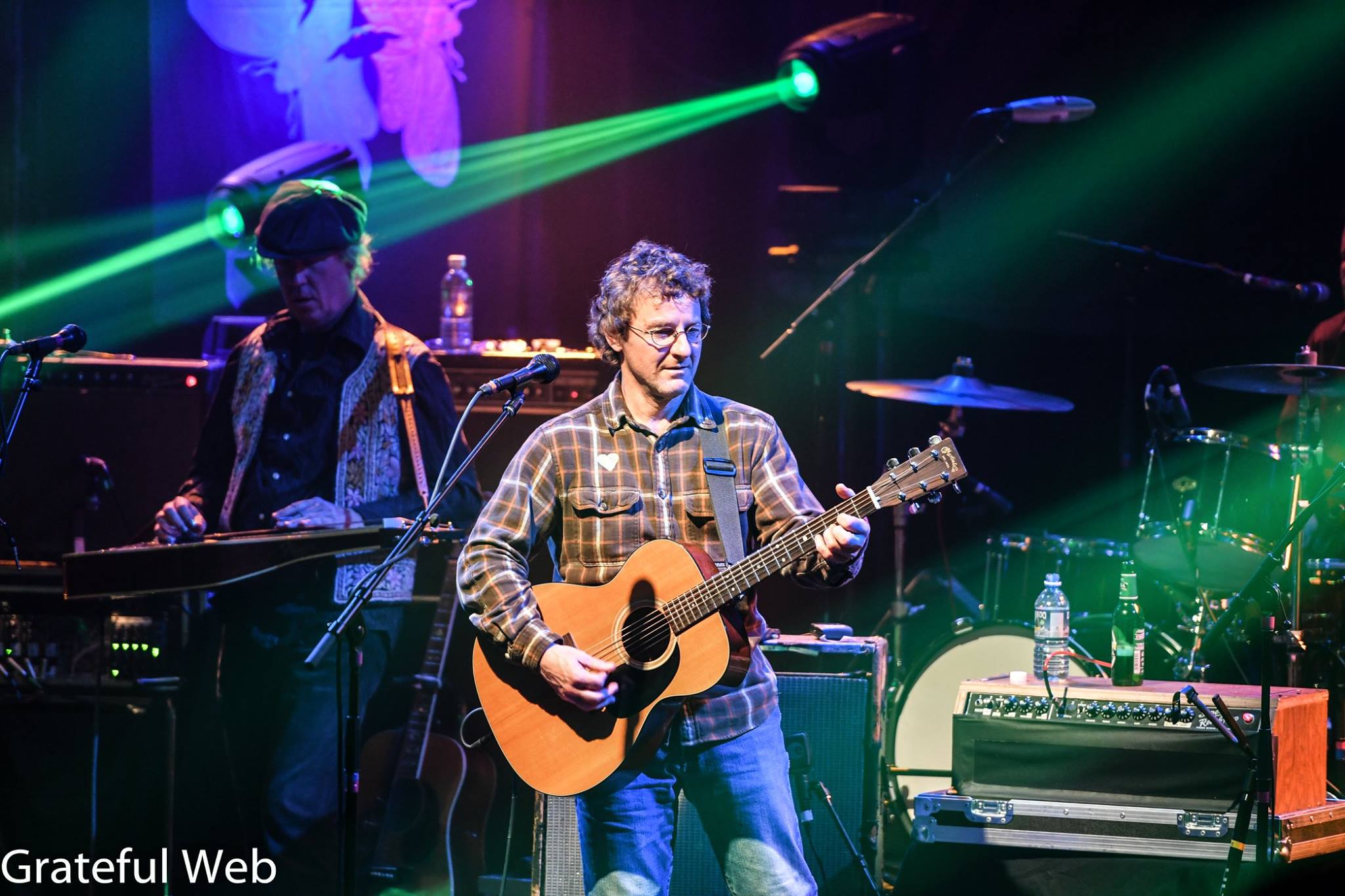
While music remains an undefinable thing in its vastness of reach, its ability to express and amplify the conditions of its making is undeniable. Depth of emotion and insight cannot help but come to light in the revealing. And yes, Railroad Earth (and all of us) would have happily passed on the loss of founding member, Andy Goessling, an extraordinary human being and dear friend to so many, that brought about their new album, All For the Song, yet we will all come to be thankful to Railroad Earth for choosing to include us in their healing and celebration of life that gave rise to this musical feat. Metaphorically rich, as well as being quite literal, All For the Song is an incredibly honest journey between heartache and healing, and anguish and rebirth. Todd’s voice has never been so potent, the melodies so inclusive, as we sense his appreciation from the album-titled lyrics, “Aren’t we lucky to be alive”, or feel the depth of his call in "My Favorite Spot” as he sings, “Livin’ in a world gone mad.” One cannot take this musical ride without opening one’s self to the many emotions, joyous memories and suffrage of loss that comprises this album, and in so doing, feel the ever-so-powerful teardrop that flows between the cheeks of beauty and sadness.
In light of such a remarkable album made during such a difficult time, Grateful Web sat down with Railroad Earth singer/songwriter, Todd Sheaffer, to discuss the loss of their dear friend and the making of the felicitously titled album, All For the Song. You can order a copy here.
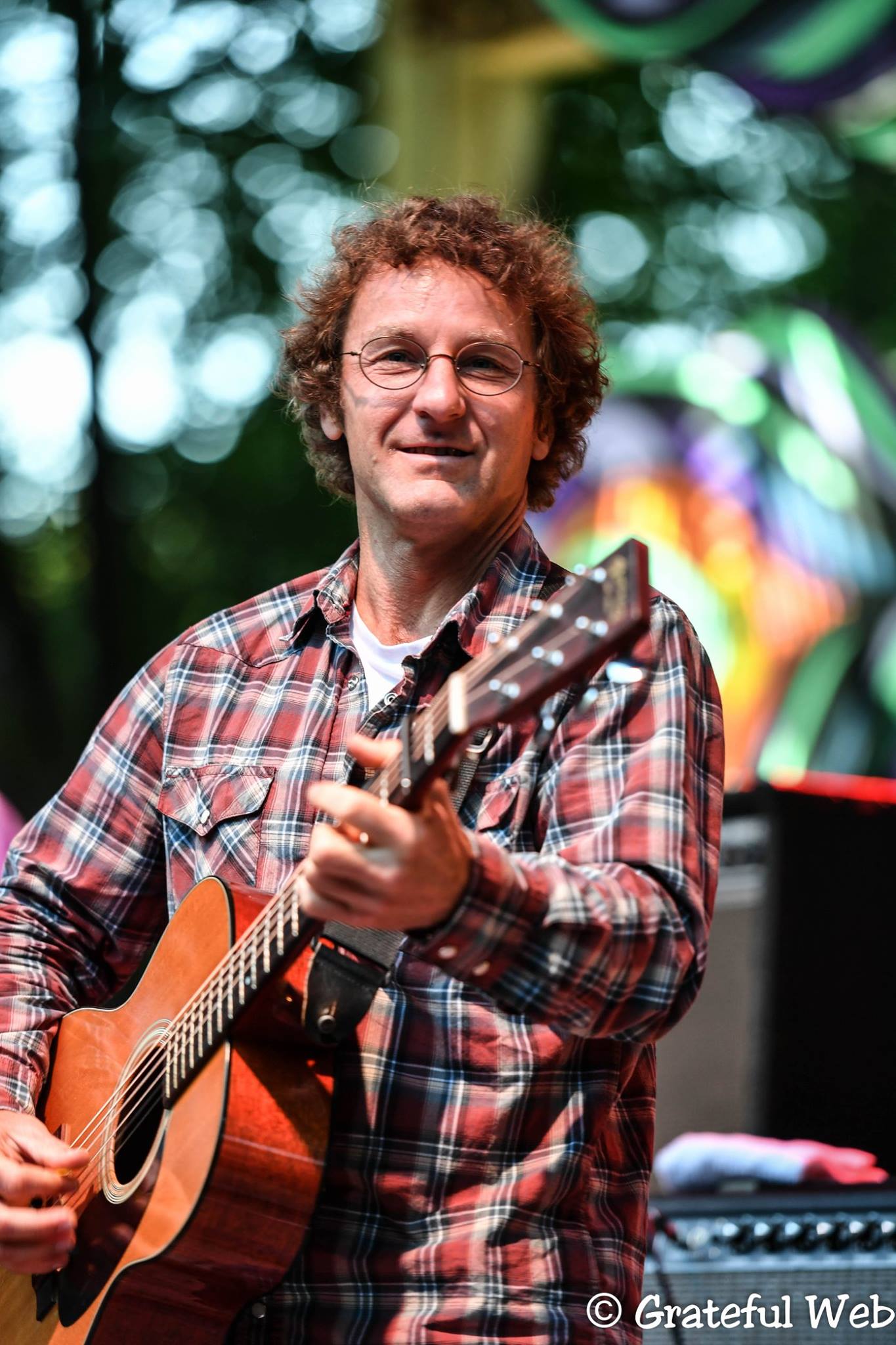
GW: Good day, Todd. How are you doing today?
Todd: I’m doing pretty good.
GW: That’s great to hear. And if you don’t mind, I wanted to say the first thing that got me with Railroad Earth was The Black Bear Sessions. What a great recording. I’ve been a fan ever since.
Todd: Thank you. We just released it on vinyl for the first time. We just released Black Bear on vinyl and our new one, All For The Song, came out on vinyl as well.
GW: Well, you just sold two albums.
Todd: [laughs] All right. This is going well. How many do you think it’ll be before we’re done? Do you have Elko yet?
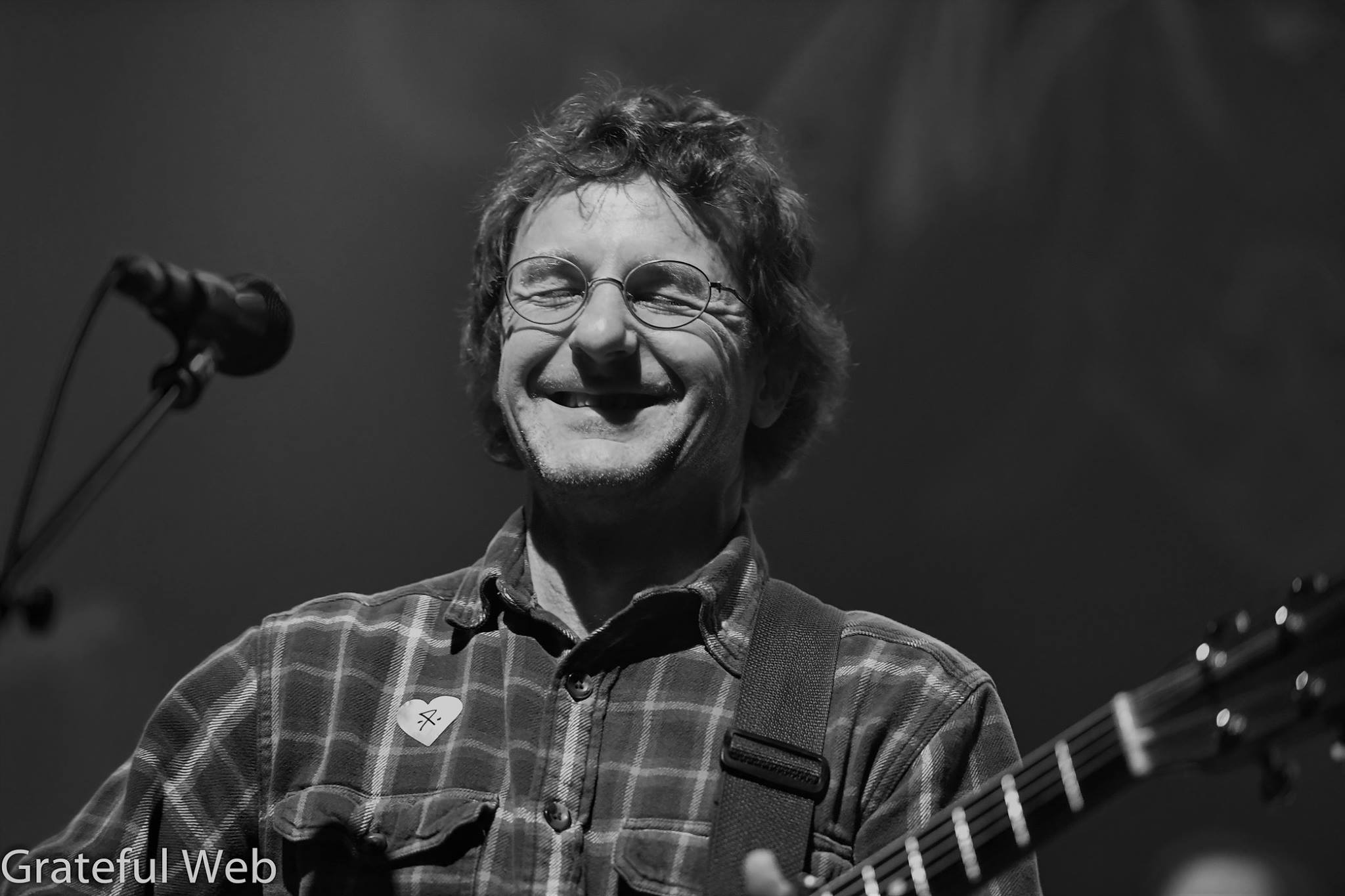
GW: [laughter] Yes I do. I have them all. But with that being said, I know enough musicians to know that you’ve bound to have boxes of CD’s and albums in your garage.
Todd: I got CD’s, but not albums in my garage. [chuckles] The albums seem to be back in style, you know?
GW: Yes. It’s great that it is. Well Todd, I’m just going to start out plain and simple: All For the Song, what a great album!
Todd: Thank you.
GW: You guys have always, to me anyway, had a depth that rings off everything you do, which is why I’m a fan.
Todd: Cool.
GW: The metaphorical writing, which I know you’re responsible for quite a bit of, is the other thing that captures me, and I find your new release, All For The Song, is so rich with both.
Todd: Well, thank you. Yeah. It was a long time coming. Took awhile to get it out because Covid intervened, but we’re happy to have it out. It was a great process that was a great bonding experience for the band after going through a really difficult time. So, it’s a special one. Well, they’re all special, albums are. Albums are a journey.
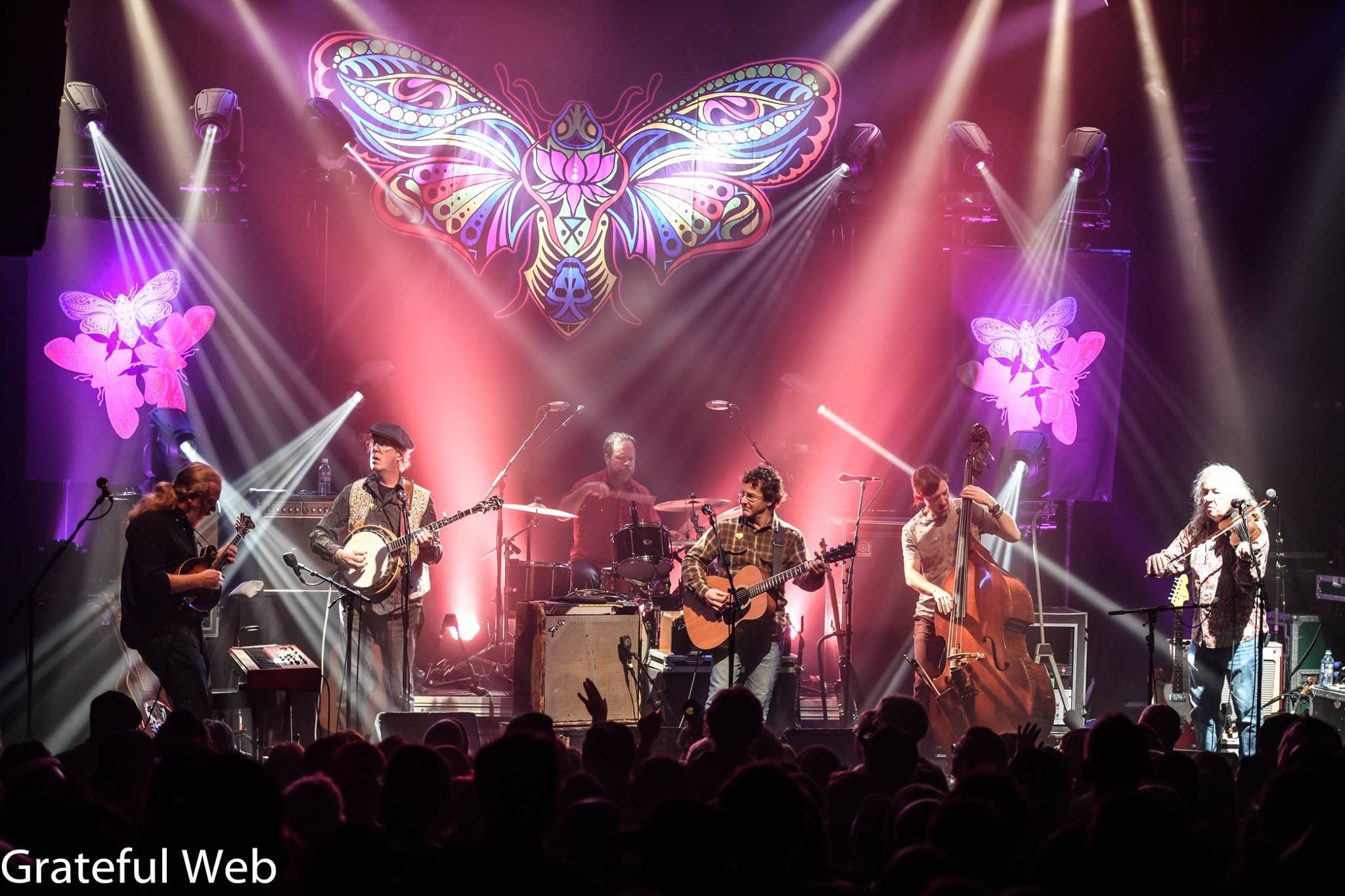
GW: One of the things I really like about you guys is you aren’t afraid to fully reveal yourselves.
Todd: Well, I wouldn’t say not afraid. I’ve come to the realization that you sometimes don’t have a choice in how a song comes out. You just do your best and trust the process and trust that people will take good things from it, regardless if it’s painful and difficult. That’s one of the good and bad things about being an artist is you have to reveal yourself, or what else can you do? If you try and hide something, it’s not going to work.
GW: As you well know, with instruments being amplifications of yourself and your emotions, it makes it really hard to fake that kind of thing.
Todd: Yeah. Exactly. I think that’s one of the beauties of Railroad Earth is you can really feel the playing. A lot of that is expressed in the melodies, and this is a very melodic band. The parts that people come up with, and the music that we play, has a lot of interweaving melodies. To me that’s—melodies in particular, or melodic playing—has that emotional expression in it.
GW: Definitely. And since we’re talking about emotional expression—I know it’s been a few years since Andy’s passing. He was certainly no stranger to our readers, and we all felt the punch, but obviously as fans we don’t quite feel it like family and friends do. You had stated that Andy’s passing was very much at the center of your thoughts and hearts in the writing and recording of this album.
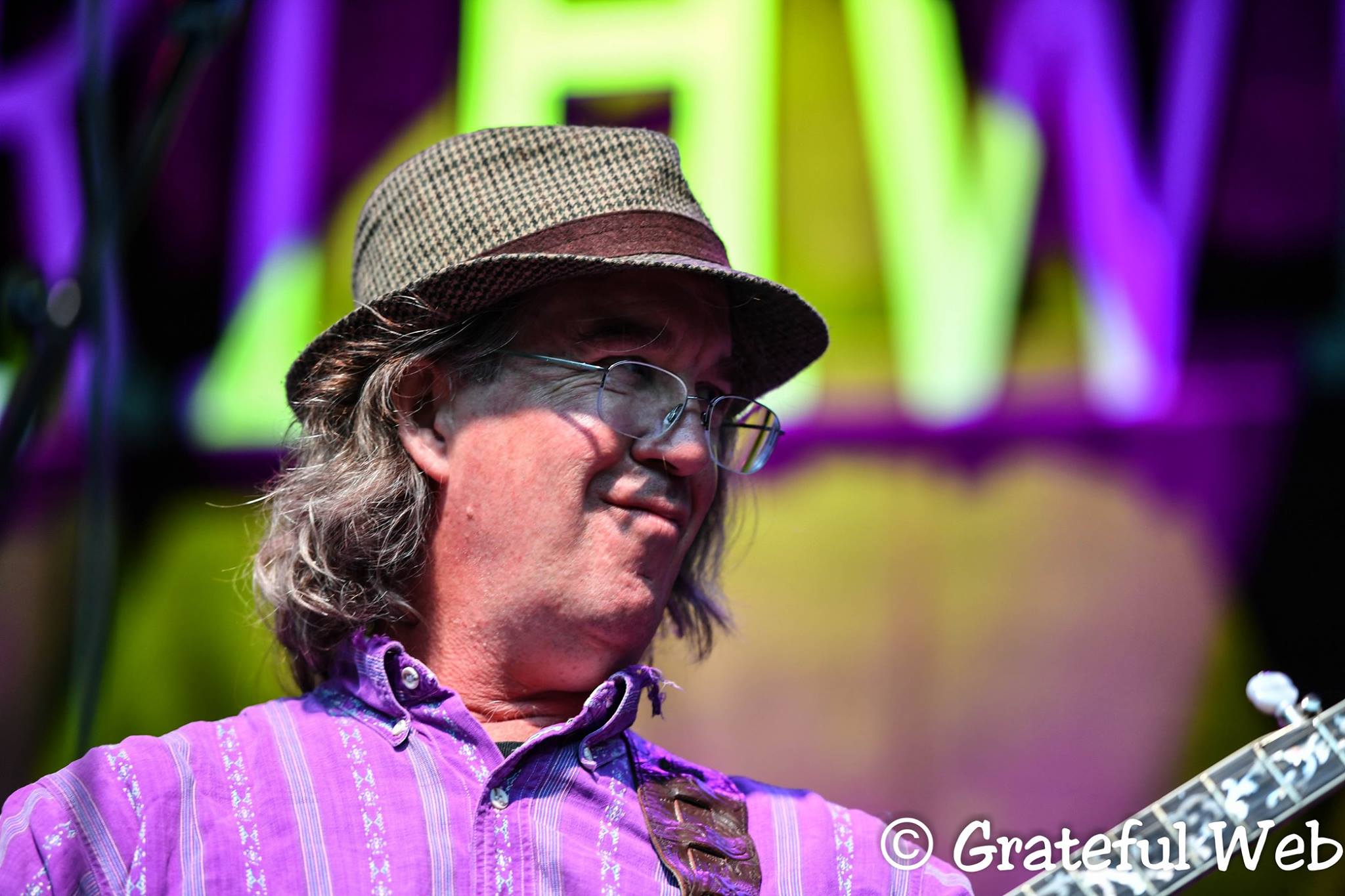
Todd: Yeah.
GW: And it comes across that way. Since this album carries so much of his presence, would you mind sharing a bit about the band’s experience in overcoming such a blow?
Todd: It was quite a rollercoaster ride with Andy because when he was first diagnosed with cancer it didn’t sound good. But then, a year or so into his treatment, he seemed to, or at least he told the band, that he received an optimistic diagnosis and that he was on the road to recovery. So we thought that was happening, and then the cancer came back. And when it came back, it came back with a vengeance. Then it was very difficult. We tried while we were making this record—and really wanted to—to make it with Andy. But it just didn’t work out because his health deteriorated so quickly. We tried everything under the sun. We tried recording close to home. We tried, in fact, the idea came up to actually bring recording gear to Andy’s house because he couldn’t really leave there at one point, but he wanted to. We tried to get equipment to his house but then he just didn’t really have the strength to do it. So we tried everything to make him a part of this record. There is one track where he plays and that’s “Drifting”. That wasn’t actually part of the sessions. He had recorded some of those tracks, and it’s a lot of overdubbed ukulele and high-strung guitar, but he did that with Timmy somewhere along the line. So we took those tracks and developed it in the studio and that became, “Drifting Into the Bardo”, and that’s Andy’s last playing on a Railroad Earth record.
GW: “Drifting Into the Bardo” was one of the songs I wanted to comment about because the way that builds up throughout the song is amazing, where by the end it’s, “Holy Cow!”
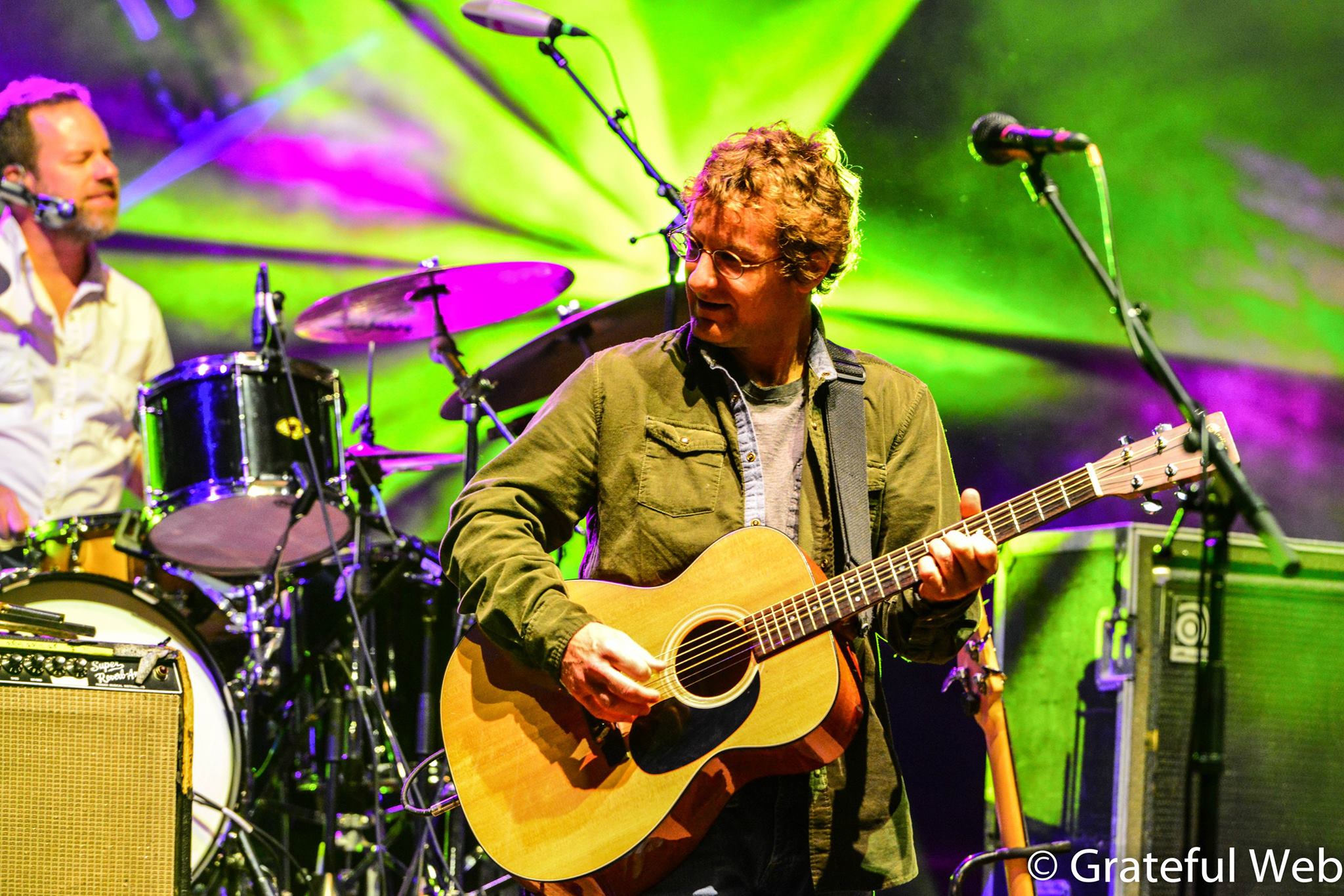
Todd: [laughter] It’s pretty epic. Each of those little solos was played with Andy’s—that was kind of the idea there, to play with Andy on this record, each one of us. That was a pretty emotional track, the recording of it. It’s tough, but also beautiful, you know?
GW: Yes, I do. Sadness and beauty seem to run hand in hand so many times.
Todd: Yeah. [laughter] Andy was obviously a special musician, but also a special person. He was a real sweetheart and he’s greatly missed. Yeah, the record, we recorded it right after he had passed, so obviously he was in our thoughts. We had been through so much, and it had been such a struggle keeping the band going. We had all these people filling in. We thought Andy was going to make it back, but he never did—In the meantime we had people filling in. At the last minute Andy would have to cancel and couldn’t come, and then we’d get someone else to fill in that role. As I said, it was such a dramatic rollercoaster ride that one of the things we really wanted to do on this record in going to New Orleans was to just get the five of us together and focus on that bond that we had as the five of us without other distractions and get away to somewhere. Normally we make our records—we’re on the road so much, we like to do stuff close to home, and in fact, a lot of times, at home. [laughter] And this time we wanted to get away and share that experience, and that’s why we went down to New Orleans this time. Also to work with Anders. [chuckles]
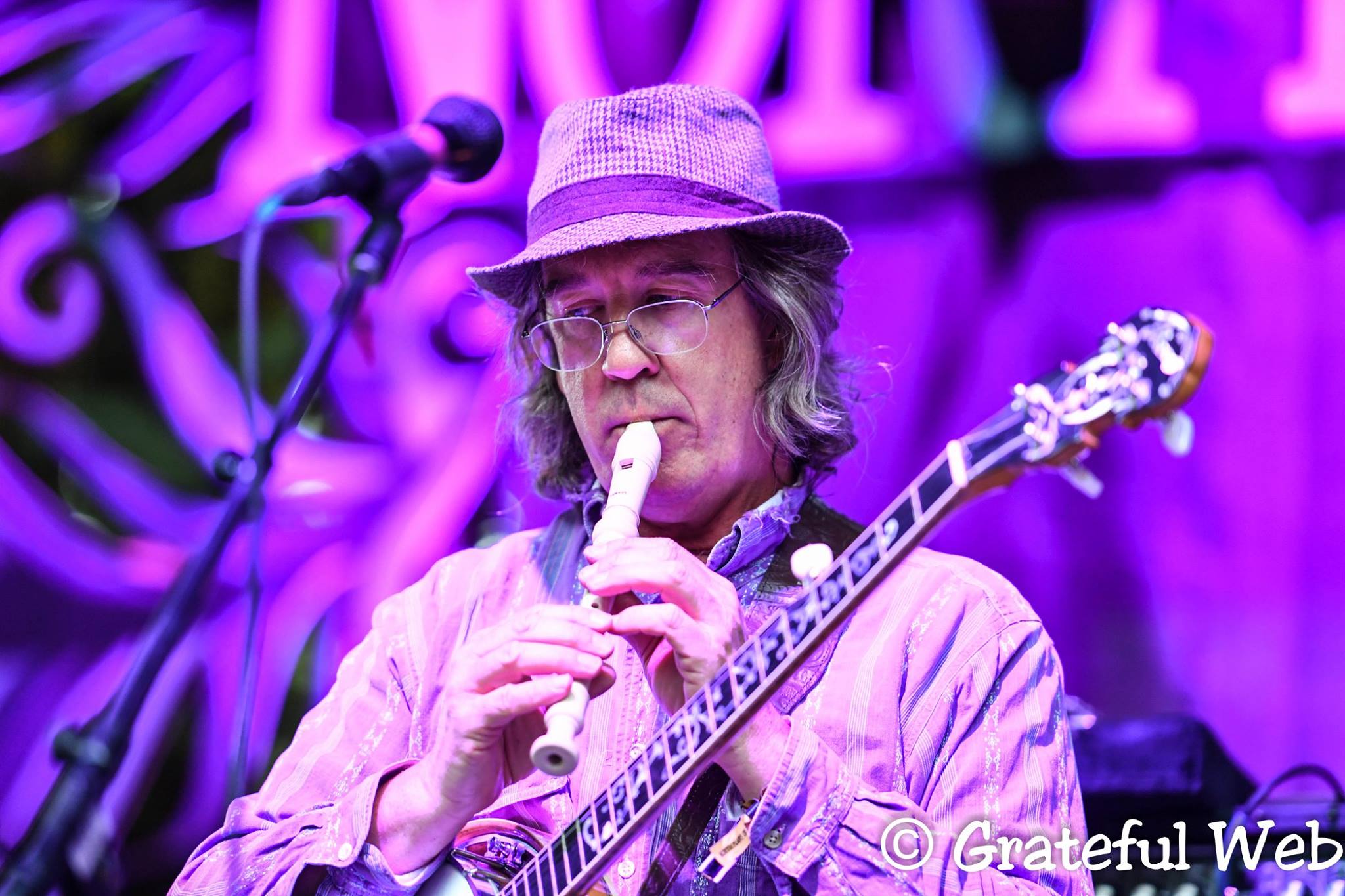
GW: Before I get to New Orleans, I’d like to say, Andy is on this album in so many ways. I mean, you can’t help but hear him everywhere.
Todd: Yeah.
GW: It’s very evident. I really enjoy that, because like I said, I find you guys have a depth in general, but this album has more than usual.
Todd: Awesome.
GW: How did you choose New Orleans? Obviously it’s a great place.
Todd: It is a great place. It’s a good place to hang out and break bread and have some drinks and get away from things. But also, the obvious connection was Anders, who was producer of the record. He’s from there and knows the studios. We picked a great studio down there, I forget the name of it because I’m stupid.
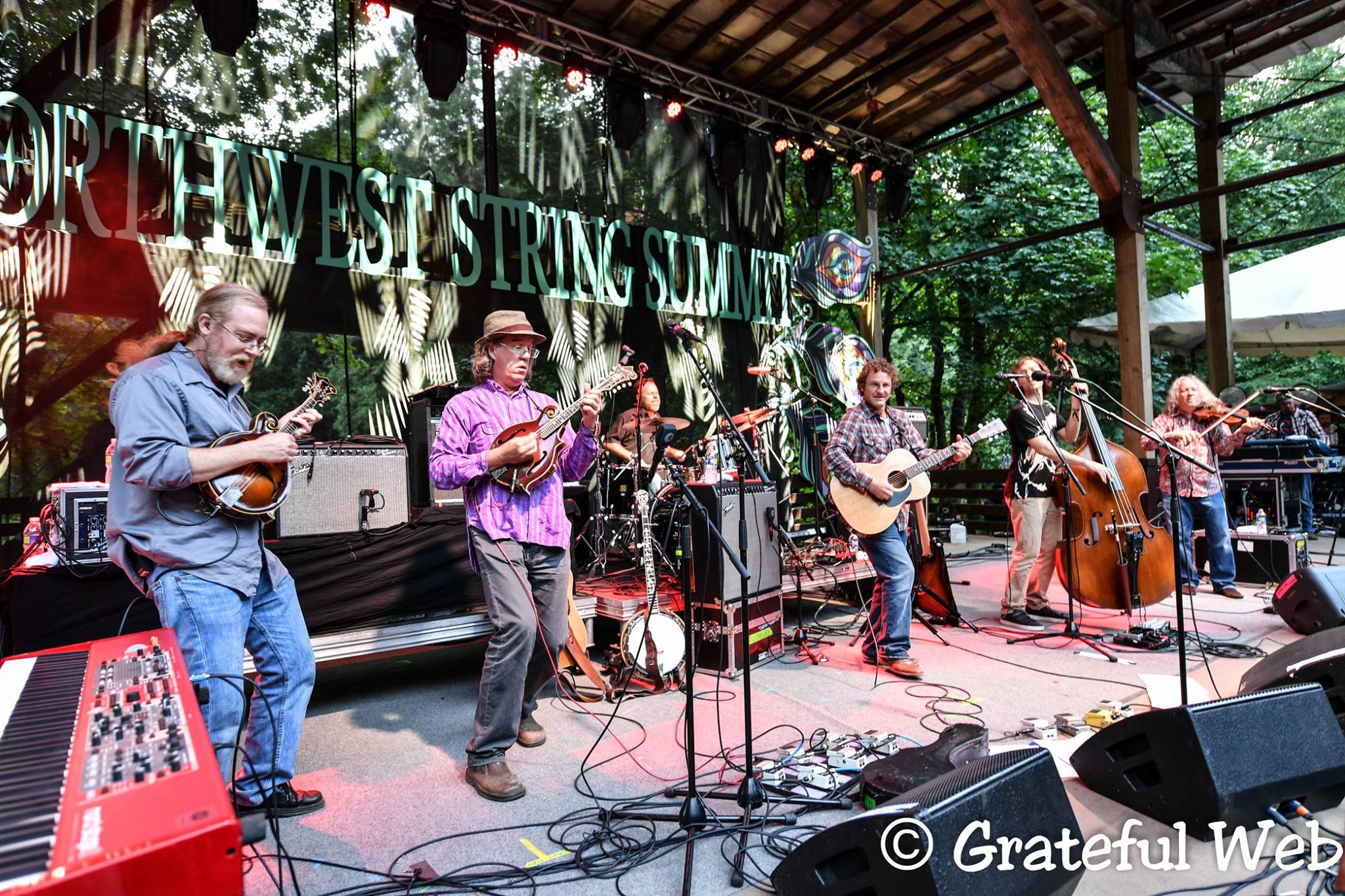
GW: [laughter] Or forgetful.
Todd: Forgetful. Yeah, that’s the word. [more laughter] But, um, yeah, we recorded in a great studio that Anders knew, and we went down there—he knows some other players too that kind of came out, added some nice touches to the record. But that’s why we went down there.
GW: Did you guys know Anders beforehand?
Todd: Well, I had done—I forget what it was for—but Anders and I had done a song together for some sort of benefit compilation. I can’t remember what it was. So I had met him. You know, we would run into him over the years at festivals and stuff but didn’t know him all that well. But he’s managed by the same management, so there was a management connection as well. And of course they’re good at putting things together. They thought he’d be a good fit for us, and he was.
GW: Anders obviously had some influence on this project. He played on the album a little bit, with you complementing his contribution, yet he had the extra of being that outsider within the process of what you guys were going through. Was that really helpful?
Todd: Yeah. We have five guys in the band with a lot of good ideas, and you need somebody to take all those ideas and get the job done, you know? [laughs]
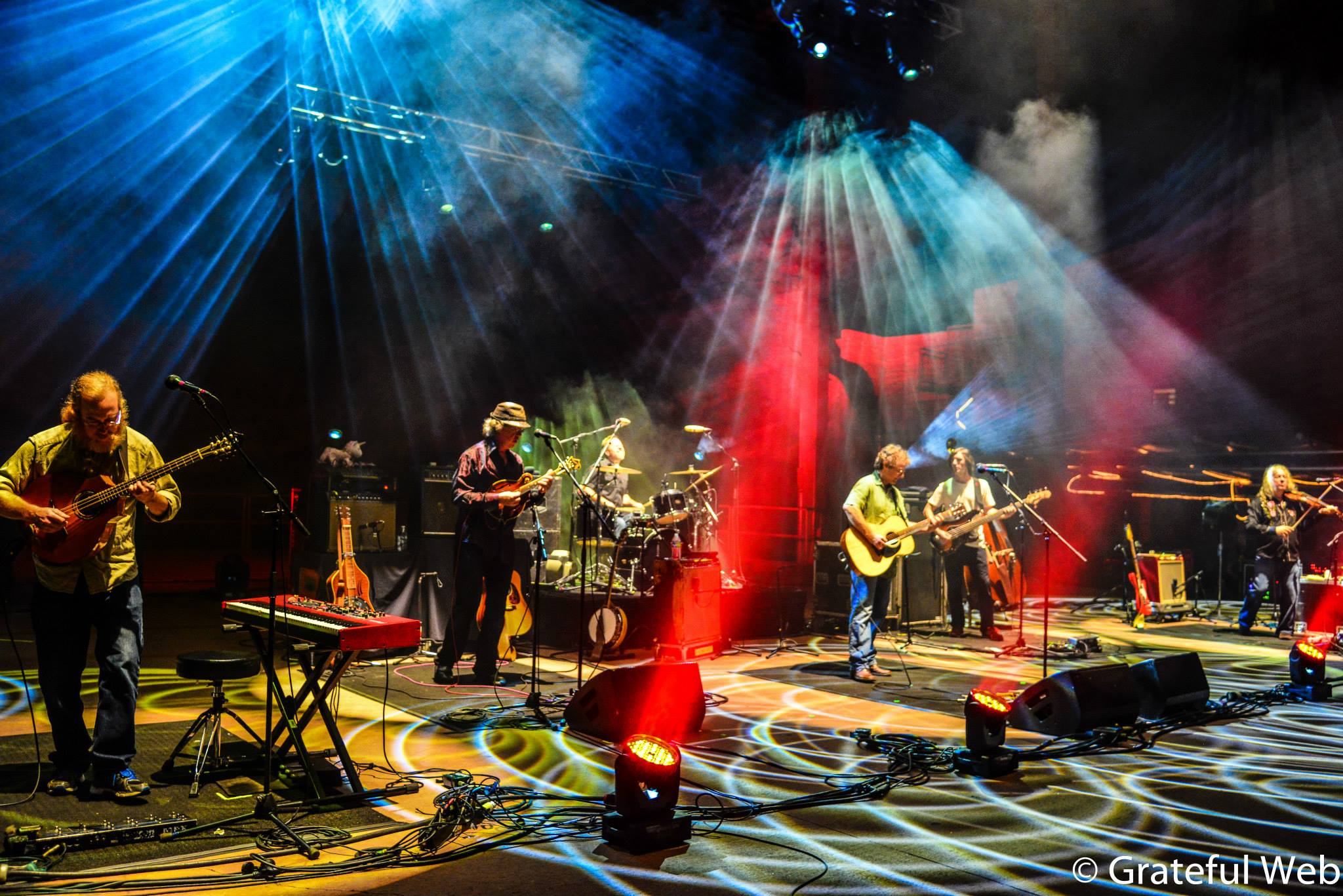
GW: [laughter] The outside observer?
Todd: Well, you know, the standard producer—that’s the standard producer role, right? Anders was good at it, and he was good at it with us, I think because he has a lot of experience—as you described it, a depth—he understood the emotional depth of the tunes we were recording and was able to feel that and translate it and know when we were getting to the essence of it. Having somebody with that sort of spirit and depth to them was essential. You couldn’t just have somebody tuning into the sounds on this one. There was a lot more to realizing what this one was about. Anders was a great pick.
GW: Nice. Sometimes the way life works, it offers what we need. So I have to ask, did you make it through the songs without crying?
Todd: [laughter] Well, you have to. The toughest one was when we played our festival. It’s called Hillberry in Arkansas. And literally, on our way down to that festival is when Andy passed and we had a show to play the next night.
GW: Oh, wow.
Todd: So that was the hardest one. Trying to get through that night without, uh, stepping to the mic and losing it. [laughter] After that it was easy.
GW: Yeah, once you survive that. [chuckles] With you guys, and the loyalty of the Hobos there, I’m sure they were with you all the way.
Todd: Oh, they were with us. They were with us, but it was hard, you know?
GW: I can’t even imagine. Songs already open you up as is. [chuckles] Speaking of which, I didn’t make it through All For the Song without crying myself, so . . .
Todd: Aw.
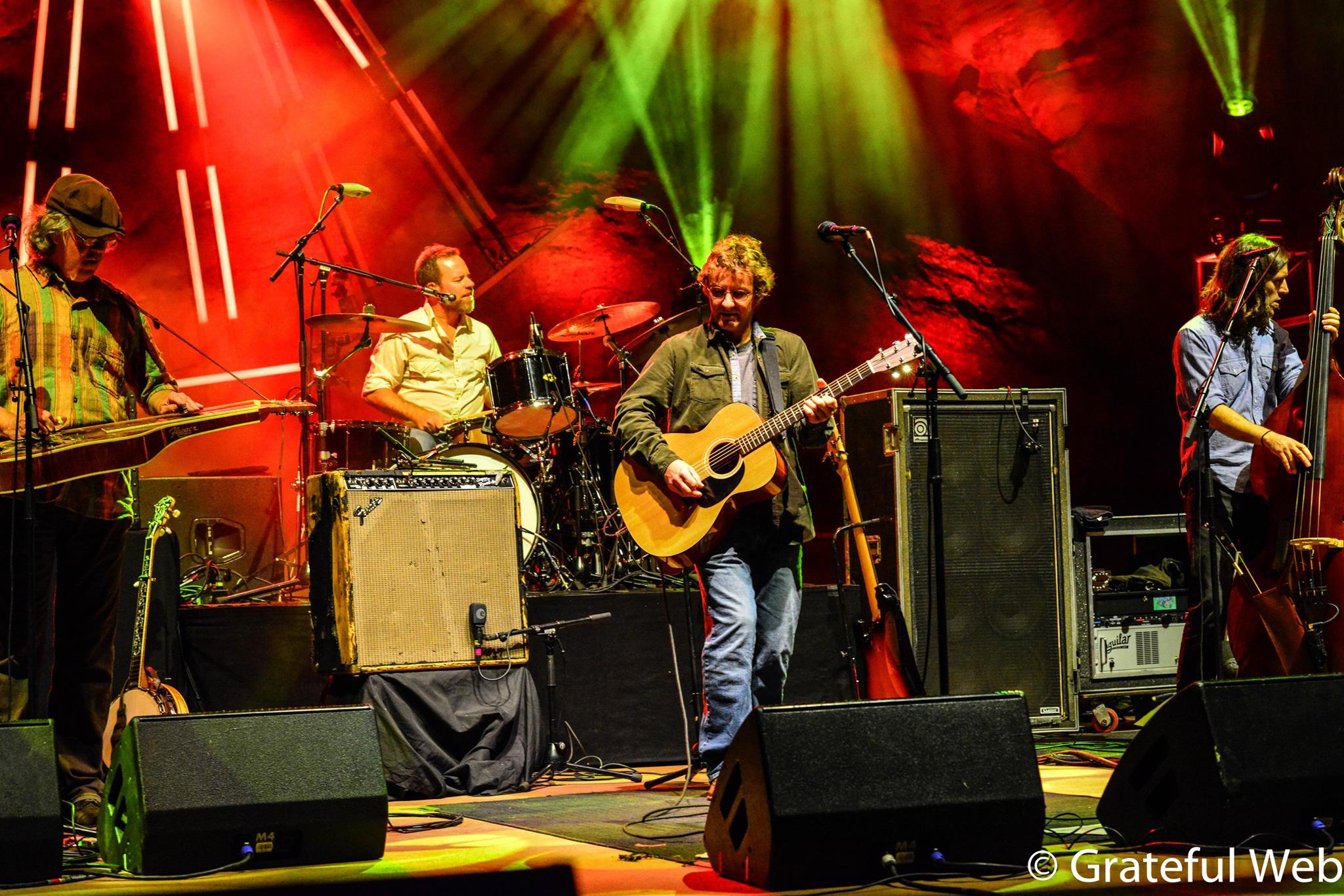
GW: Let’s talk about the metaphorical writing for a bit. Your lyrics have always caught me as very metaphoric. I know that when you write them you have a meaning in mind, but I’ll go back to Robert Hunter, who refused to tell people what he had in mind because he wanted to leave those metaphorical meanings open to the listener's interpretation rather than confine it to a single meaning. I’ve always felt that really strongly with you guys. “Showers of Rain” was certainly that way. “My Favorite Spot” was that way as well. With “Showers of Rain”, it was—I didn’t want to use the word begging—but I sensed you really asking for something to wash away all the emotions that you had been through so the sun could shine through again. It left me with the sense I get after a spring shower where nature looks and smells all vibrant and clean, refreshing. So it seemed like there was a rebirth, a regrowth theme that was running along with this album, especially in those songs.
Todd: Yeah. I think that’s very well said. I’m glad you describe it that way because I’m not sure I could have. Sometimes, I just really don’t know. [laughter] I write it, but I really don’t know the full extent of what it means. And I think that’s probably why Robert Hunter said he likes to leave it open to the people because people will interpret it in their own way, and you even learn more about your songs when you hear other people’s interpretations. So, I’m learning about it just as you describe it. Yeah, that makes perfect sense to me, and I’m not sure I could have described it that way. I sing what I sing, and I try and make sense of it, but I can’t always do that. I just have to trust what has come out has some sort of meaning. I remember hearing Alan Ginsberg, I think he was quoting maybe a Buddhist philosophy thought, and it was, “First thought, best thought.” I remember him saying that. I had gone to a poetry reading that he was giving one time, and he had fielded questions, and that was one of the things he said. “First thought, best thought.” And the notion there is that you don’t really know, the universe knows better than you what’s coming out. [laughter]
GW: Absolutely.
Todd: And you have to trust it. So, I try and trust it. That one was a bit of a mystery. I don’t know, some of the imagery is odd to me, although I was reading an old novel called, Green Mansions, and I think that influenced some of my thoughts, but there was also some very personal things, and like Robert Hunter, I don’t really care to talk about a whole lot. [laughter]
GW: [laughing] I know what you mean. A lot of times as a writer I’ll say something and go back later to learn what I meant.
Todd: Yeah, yep.
GW: Is that, channeling the muse?
Todd: [chuckles] I guess so.
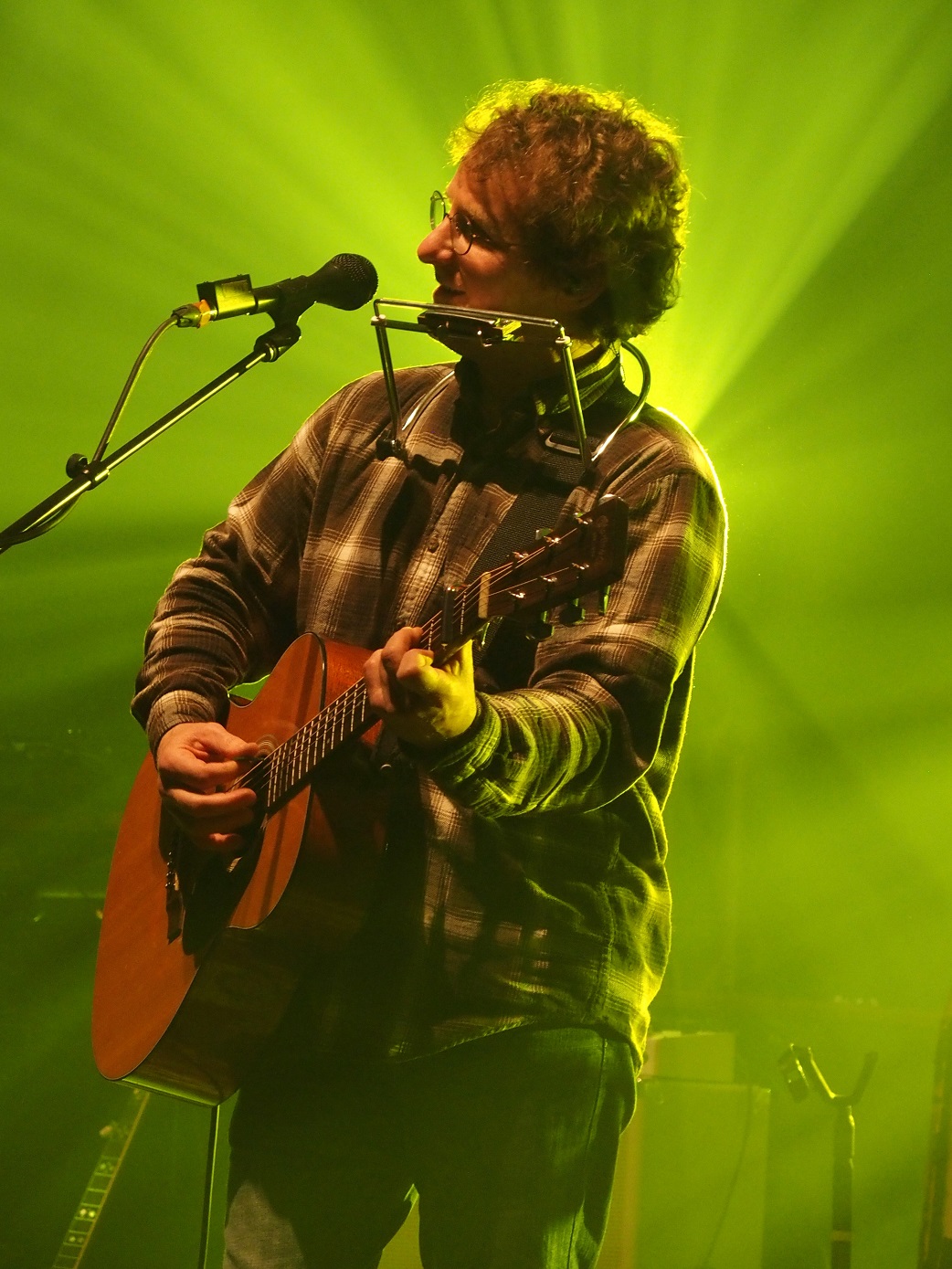
GW: I’d like to touch on another thing, and I have felt this about you guys all along, is that you’re not afraid to touch on what ails us as a society. And I’ve felt like you’ve offered some answers in the process of that. I felt that in “My Favorite Spot”, and especially as you sang, “Living in a World Gone Mad.” The power of your voice when you’re delivering those lines is fabulous. I feel as if you’re metaphorically offering us a way to transcend the troubles of mind and body, to step out of the quagmire that’s today’s culture, where instead of always being entrenched in the mind of man, we can look past man.
Todd: Yeah, well, absolutely. Surely there’s healing power in nature and in the beauty of the natural world. So that’s exactly what that one’s about—refreshing yourself, getting away from the madness. [laughter]
GW: [laughs] Nice and simple, right?
Todd: Yeah. [chuckles] I live on the Appalachian Trail, and there’s a spot, and so there is also a very literal meaning to that song as well. There’s a beautiful spot that I can hike up to behind my house that is actually my favorite spot. [laughter]
GW: Right. It’s both, as is usual in life.
Todd: I’m sure everyone has their own favorite spot. I think it’s universal that we find refreshment in the natural surroundings.
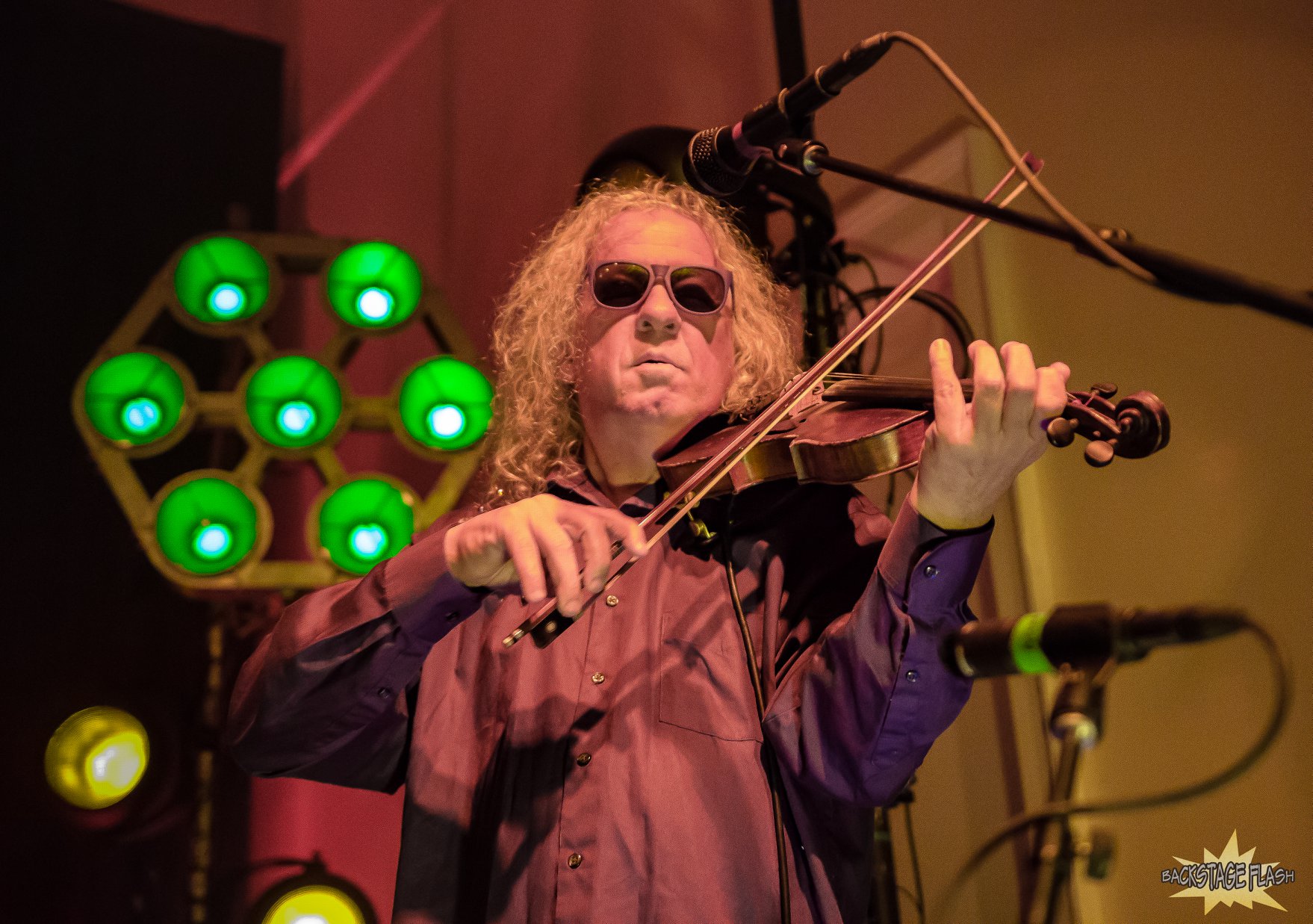
GW: For me, especially coming from the remote wilderness of Alaska, you realize there’s both the wilderness of the mind as well as the physical wilderness. And that favorite spot, sitting still, as you say in the song, can be done in both the wilderness of the mind as well as the body. So, yeah, I definitely saw a double meaning there.
Todd: Awesome.
GW: “It’s So Good” kind of struck me as that way too, where it seemed like a song about feeling the freedom from weariness, the appreciation of what we have rather than what we lost. It seemed a raw, simple capture of the feeling of breaking out of the shackles.
Todd: Yeah, well it documents some travails of the road life. [chuckles] You know, being a road musician, getting to the gig and playing is a reminder, “Oh, okay. This is what it’s all about,” because sometimes you just wonder, “What the hell am I doing? Traveling this far to get to a gig that lasts an hour and a half.” [laughter] But once you get there, and you have that shared experience with the fans, it makes it all worthwhile. The verses actually do document some very—which I thought kind of fun, in a fun way—some of the travails of our travels as a road band.
GW: I was saving this song for last, but since you’re touching on the sacrifices of a musician—“It’s So Good” strike you as almost a fun side—but when you do “All For The Song”, my favorite, well that just hit me.
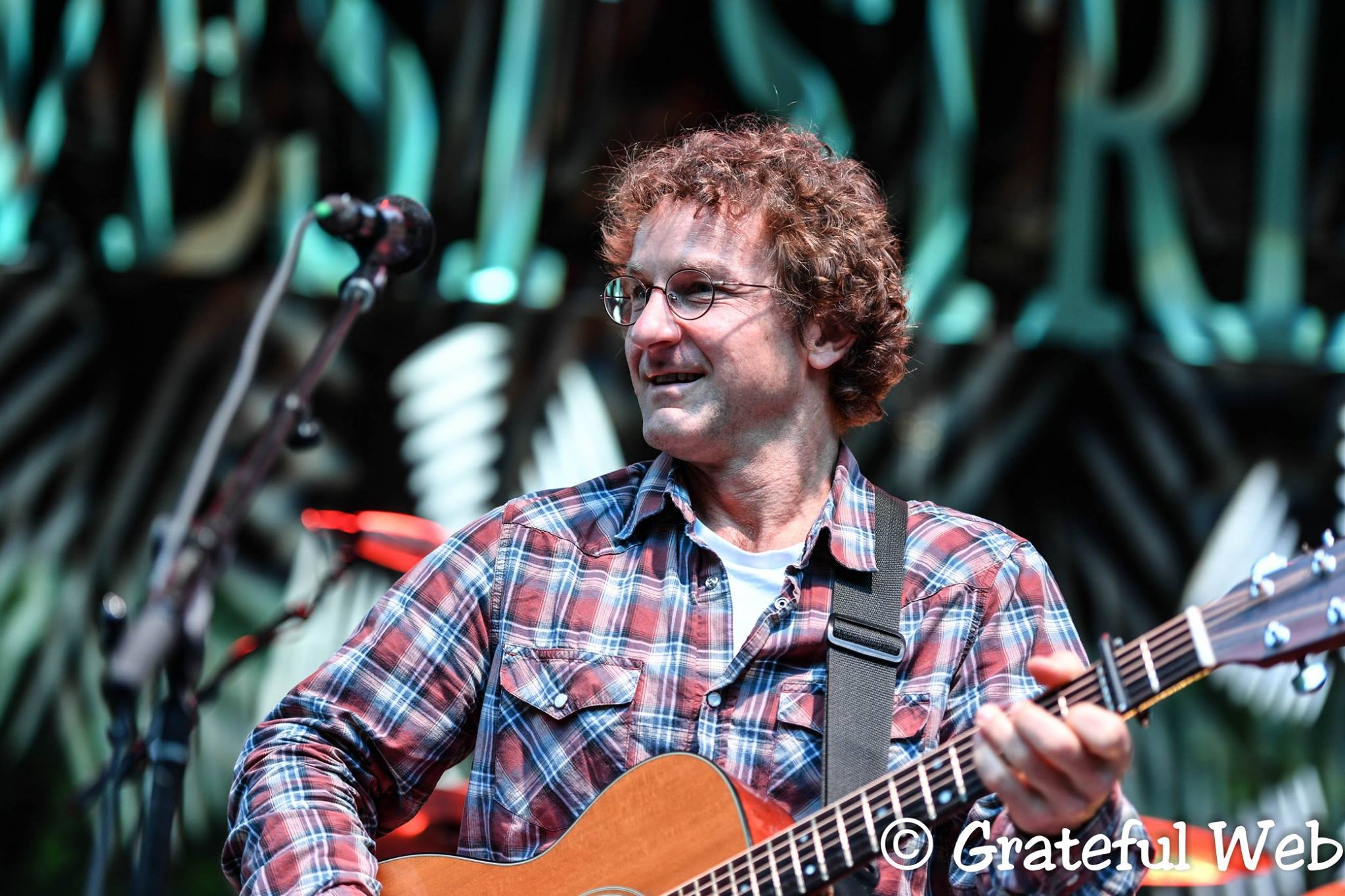
Todd: Oh, awesome.
GW: All my friends are musicians, so I understand where this song is coming from, and the things we sacrifice for the song, but once again, metaphorically, I can take that song and it can be anything to me. We all sacrifice certain things for things we love, or things we’re doing.
Todd: Yeah.
GW: But with that song, I start welling up within the first couple of lines. Maybe it’s the music or just my understanding of what you guys give up for music.
Todd: [chuckles] Yeah. It’s not an easy life. It’s not for the faint of heart, that’s for sure.
GW: You guys fortunately have fans that I bet make it all worth it.
Todd: Yes, we do. They are amazing. They are incredibly supportive and they are incredibly in tune with what we do. They get it. [laughter]
GW: Well, like I said, I’m one of them, and I really appreciate the openness and depth and beauty of these songs.
Todd: Thank you.
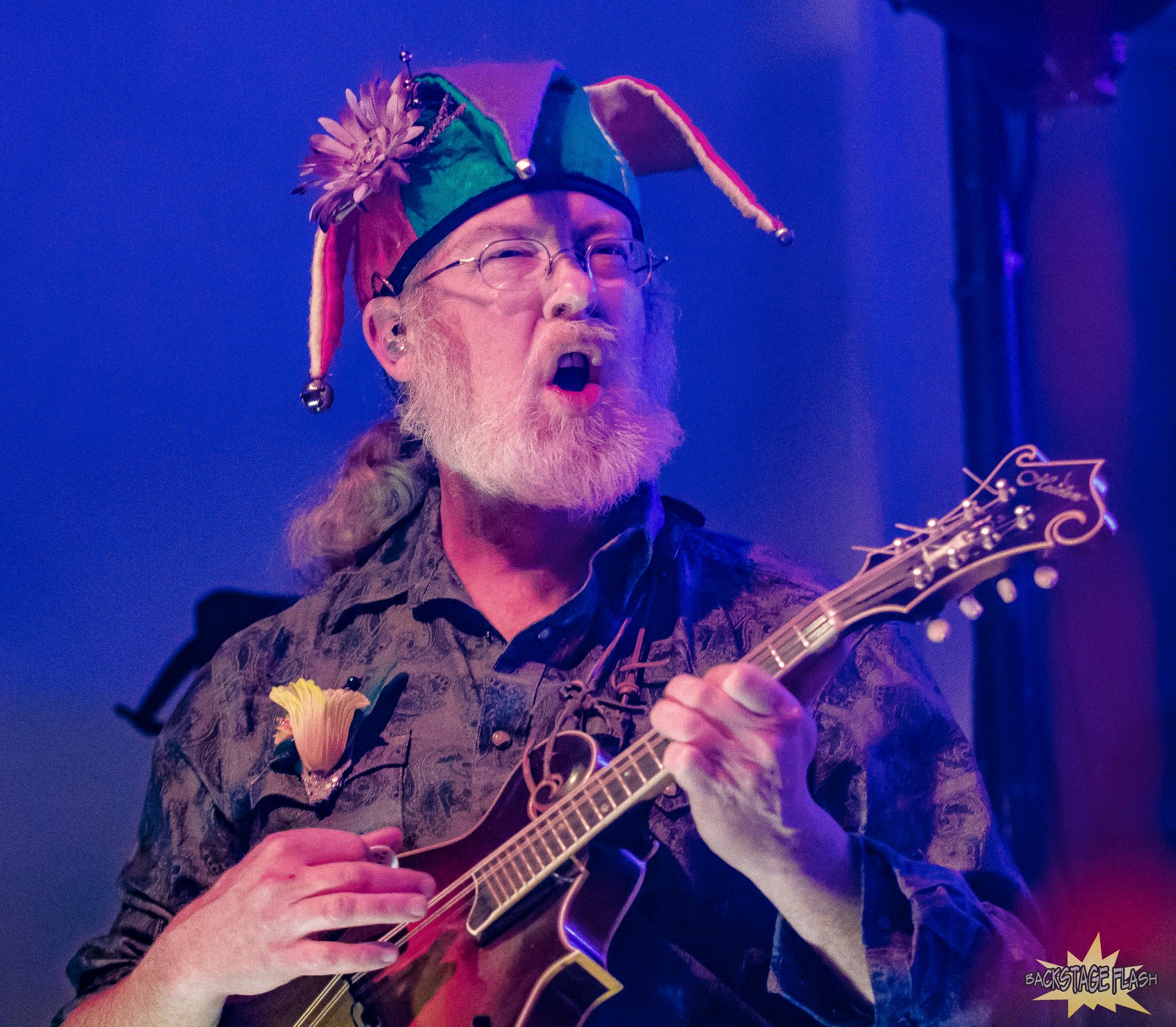
GW: As a writer, and maybe you get this from your own experience with music, I have to get the words from somewhere. If I have to start making up my own words, I’m a terrible writer, but if the writing comes from listening to your album, the thoughts are coming from the music, not me—I just kind of channel them—then I feel as if the writing is pertinent and expressive.
Todd: Right.
GW: So basically, if the music is good, then the words are there.
Todd: That means I get a commission then. [laughter]
GW: There you go. [more laughter] I’ll just put, written by David and Todd.
Todd: [laughs] There you go.
GW: It left me wondering if you have a similar connection when you’re writing songs, especially with this album. Do you have a deep connection with these personal experiences where the experience is giving the words to you?
Todd: Yeah. Absolutely. I never go into writing a song with an idea. I’ve never had an idea, or said that I’m going to write this. I just sort of start—even with something with as clear of a conceptual idea as “The Jupiter & The 119”, which is a song about the building of the transcontinental railroad. Even that, I did not go into the song saying I’m going to write about the building of this transcontinental railroad. Along the way in the process that idea occurred to me but I didn’t start out with that idea. You know what I mean?
GW: In essence, you kind of realized what you were writing about.
Todd: That’s the whole thing. I have to do it for the ideas to develop. I can’t have an idea and then just start doing it. That’s not the way I work anyway. It sort of comes as part of the process, and then I realize, “Oh, I’m writing about this.” And then I can hone in on it. But I’ve never started with, “Oh, I’m going to write about the end of this relationship.” [laughter] But if I was in a relationship that was ending, and I start singing, then it’ll be, “Oh, that’s what I’m writing.” I can’t help it. That’s what’s going through my spirit at the time I was writing that song, and that’s what I wrote about.
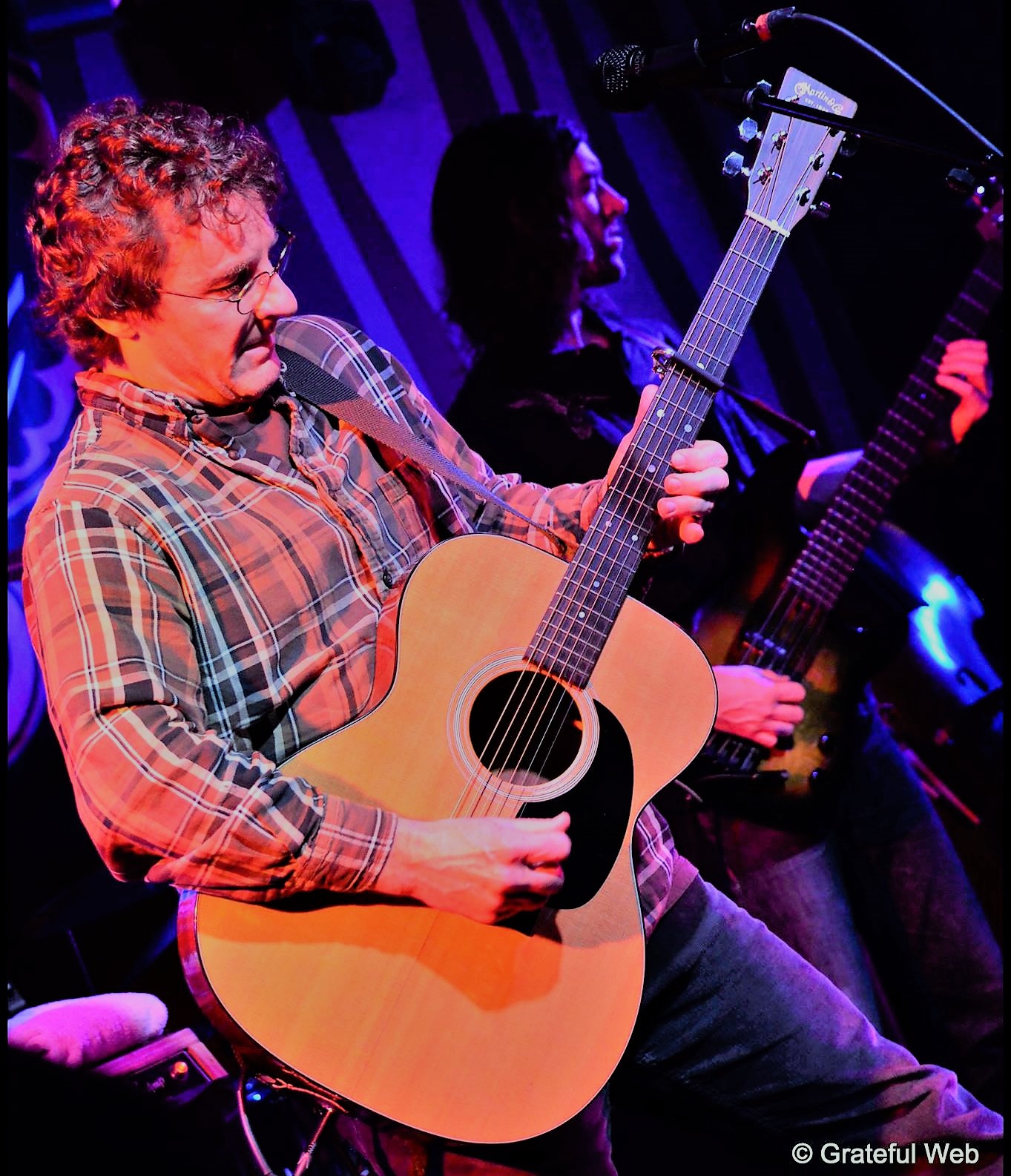
GW: Then that brings us into “Blues Highway”.
Todd: Yeah.
GW: You mentioned about that song on your website “that Highway 61 ended in a deluge of biblical proportions.”
Todd: [laughter] I wasn’t around for the biblical deluges but—the band had a gig, we were playing in Natchez, Mississippi, and I decided rather than to fly into Jackson and driving over—it looked like a fairly uninteresting trip that the band had planned for me, so I decided to plan my own trip. [laughter] So I flew to New Orleans and drove up route 61, also known as the Blues Highway. On my way back I visited the plantations and stopped in some of the old blues establishments that gave it the name, The Blues Highway.
GW: And you were just by yourself?
Todd: Yeah. Yep, I was just being a tourist. And on my way back it just started absolutely pouring, and the thunder and lightning was just unreal. They probably have storms like that all the time down there but I had never—it was intense to me. [laughs] It was just raining so hard that the windshield wipers, as the song says, “Couldn’t keep up with the fight.” There was no way I could continue, so I just had to pull over to the side of the road and wait it out. I was in the middle of nowhere. [laughs] And it seemed somewhat metaphoric, since you’re talking about metaphors, maybe it was up some sort of parallel to how my life was feeling at the time. [laughter]
GW: I kind of got that sense.
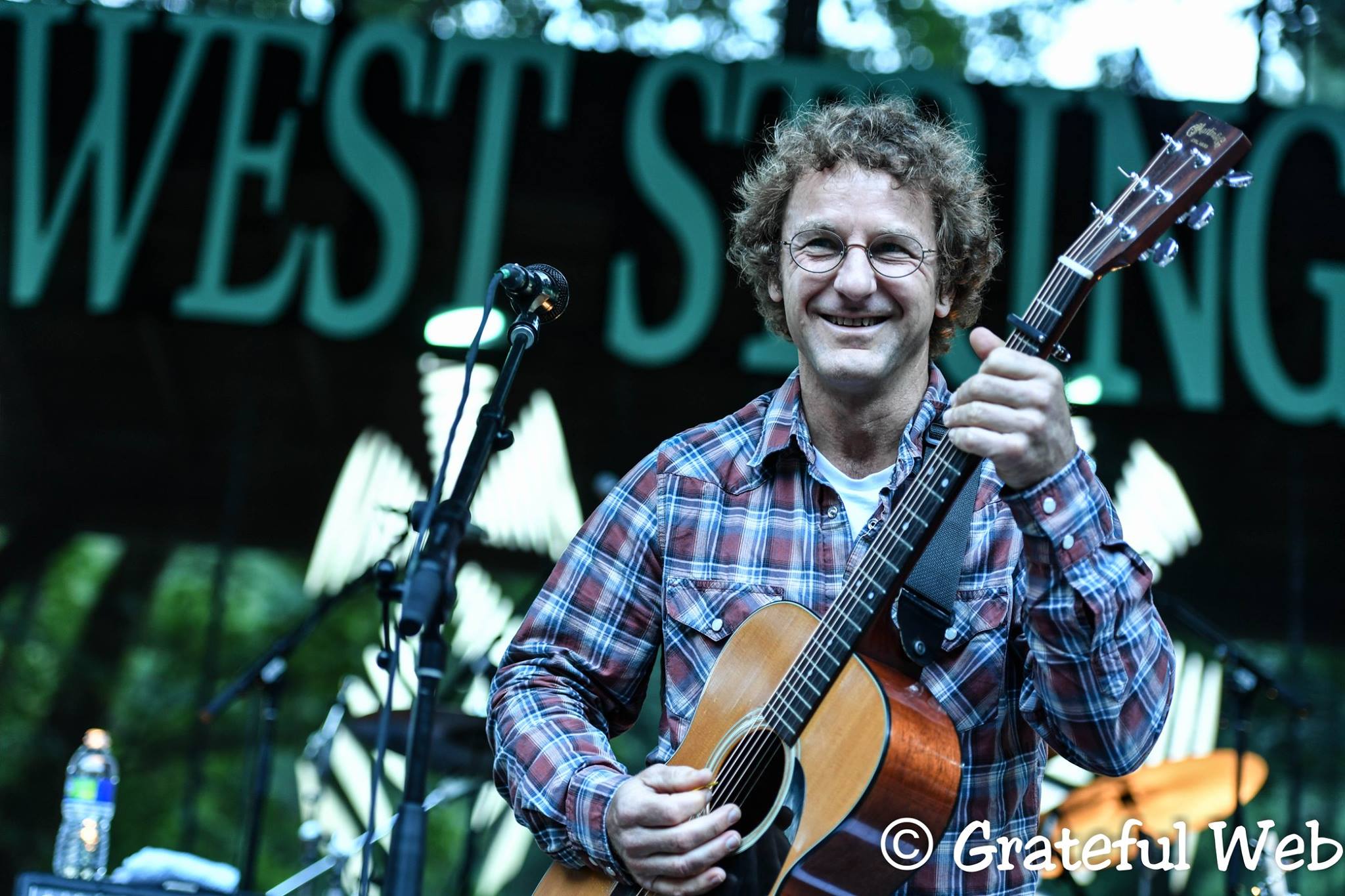
Todd: Anyway, it inspired the song. So that’s where that one came from.
GW: I picture you sitting there in the car with your windows all fogged up hoping that candy bar or bag of chips is still around writing on a napkin.
Todd: [laughter] It was the middle of the night. It was raining so hard. It was literally like buckets being dumped on you.
GW: I bet it was beautiful too.
Todd: It was a great trip. I loved the trip. That night was a little scary. I didn’t know if I was in a hurricane or what. It was pretty crazy.
GW: And we got a song out of it. [lau
ghter] I did notice that you guys played at The Caverns. I was really sorry I missed that one. How did you guys like playing in “The Cave?”
Todd: Oh yeah . . . yeah, yeah. We were in the cave. Yeah, the cave. It’s wonderful. It’s a great scene there. We’ve played there a couple of times. It’s fabulous.
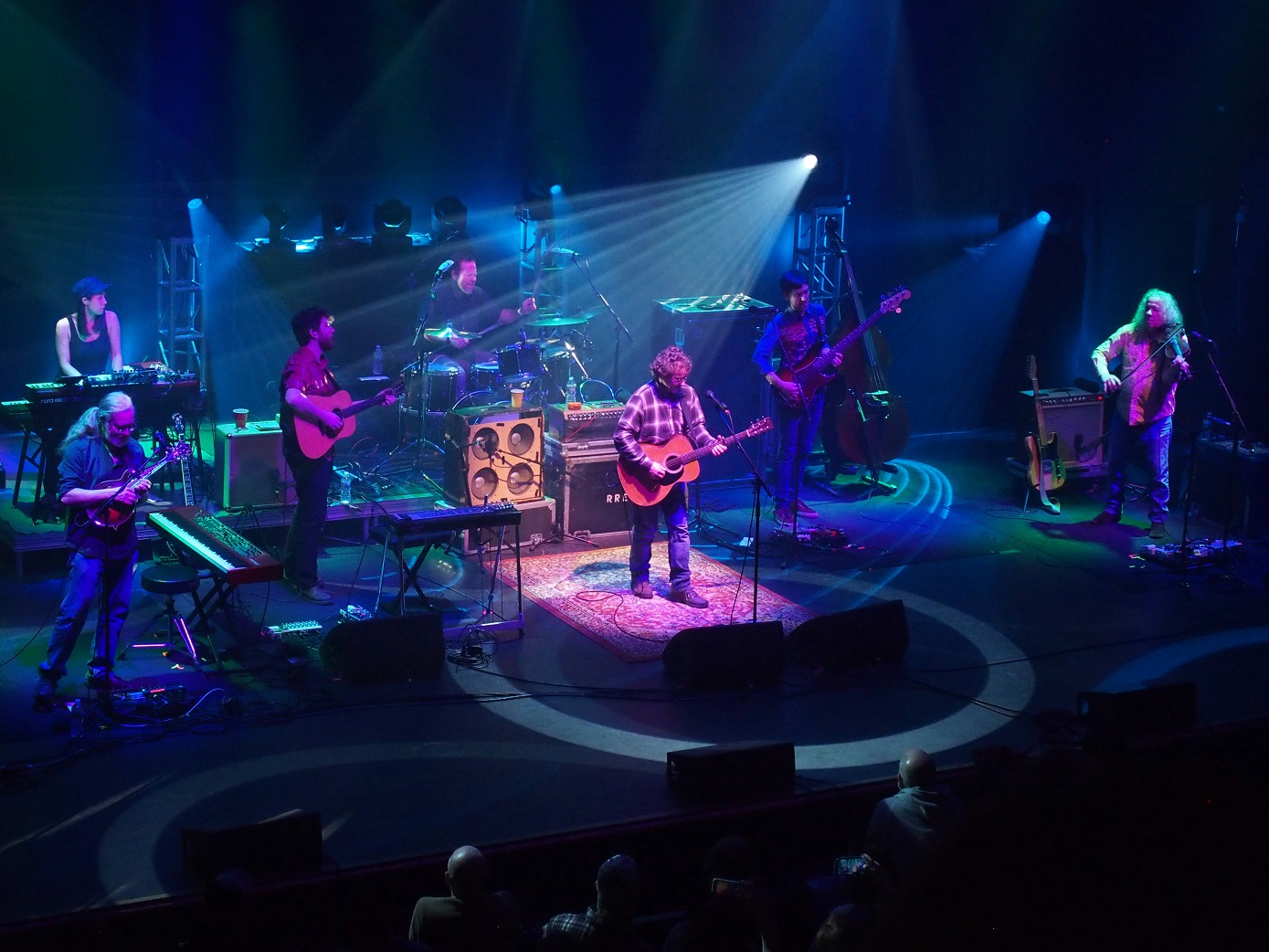
GW: It’s a great venue. Loads of fun. I was wondering about your summer tour. Looks like you guys have a full slate there.
Todd: Yeah, a busy schedule. It’s good. We’re pretty full up.
GW: All the way to August. I’m still marveling over the fact that you guys have been at it for over twenty years. Sounds like a long time, so many stories, yet it seems like it wasn’t that long ago that you guys started out.
Todd: Yeah. Where’d the time go? Holy Cow.
GW: So how old does that make you now.
Todd: [laughter] Old enough.
GW: I’m really appreciative of this album that you put out for us. And I appreciate you exposing yourself so much. It’s great as a fan to be a part of your healing process through all this.
Todd: Well, thanks, David. I appreciate it.
GW: I’m glad you guys were able to keep it going. Thank you a ton for spending time with us today. I know our readers will really enjoy hearing from you.
Todd: We appreciate the coverage. Thank you.
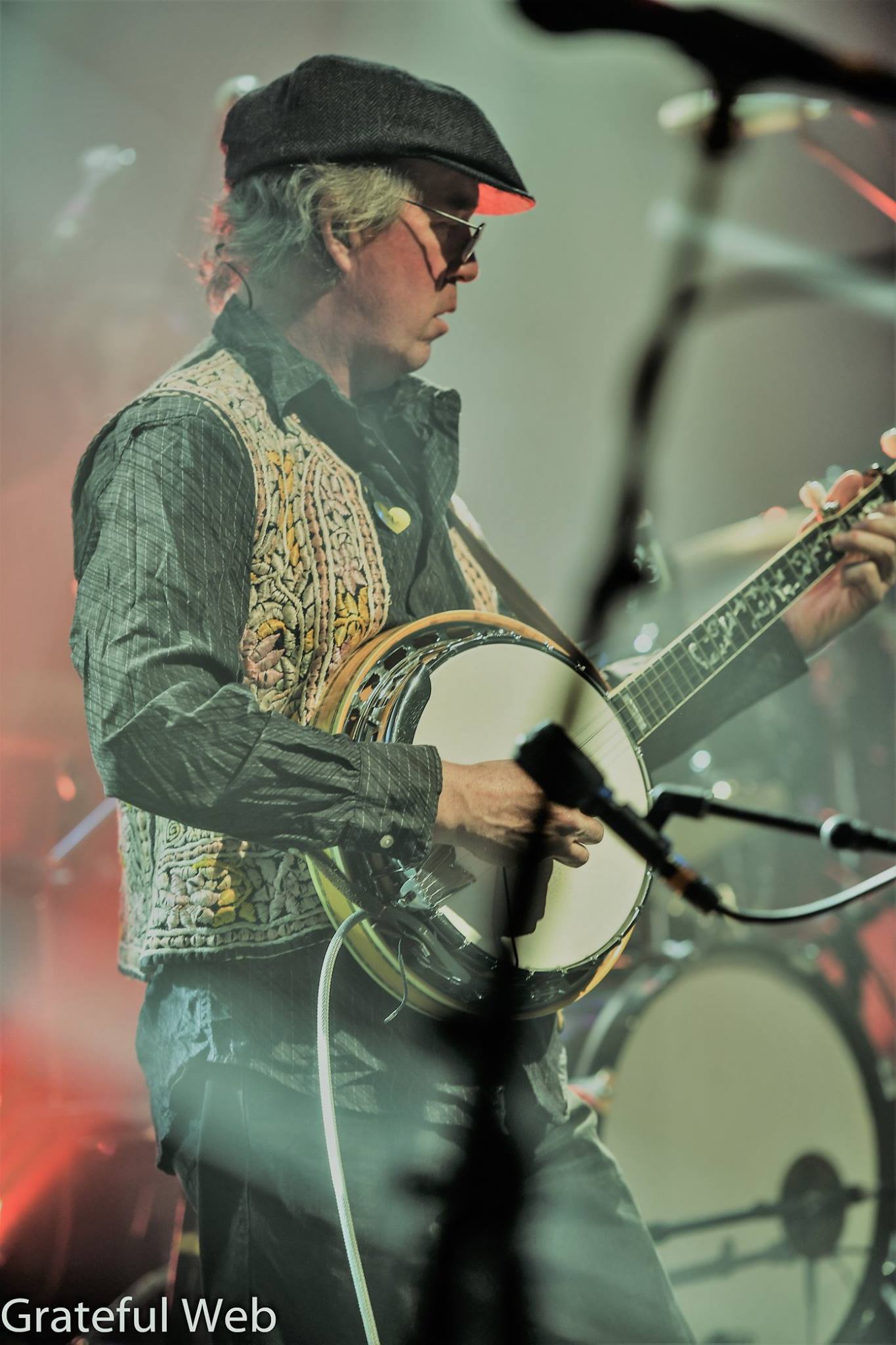
In loving memory of Andy Goessling. You will be missed by all.
“Gave the best we had to give. How much we’ll never know.”
